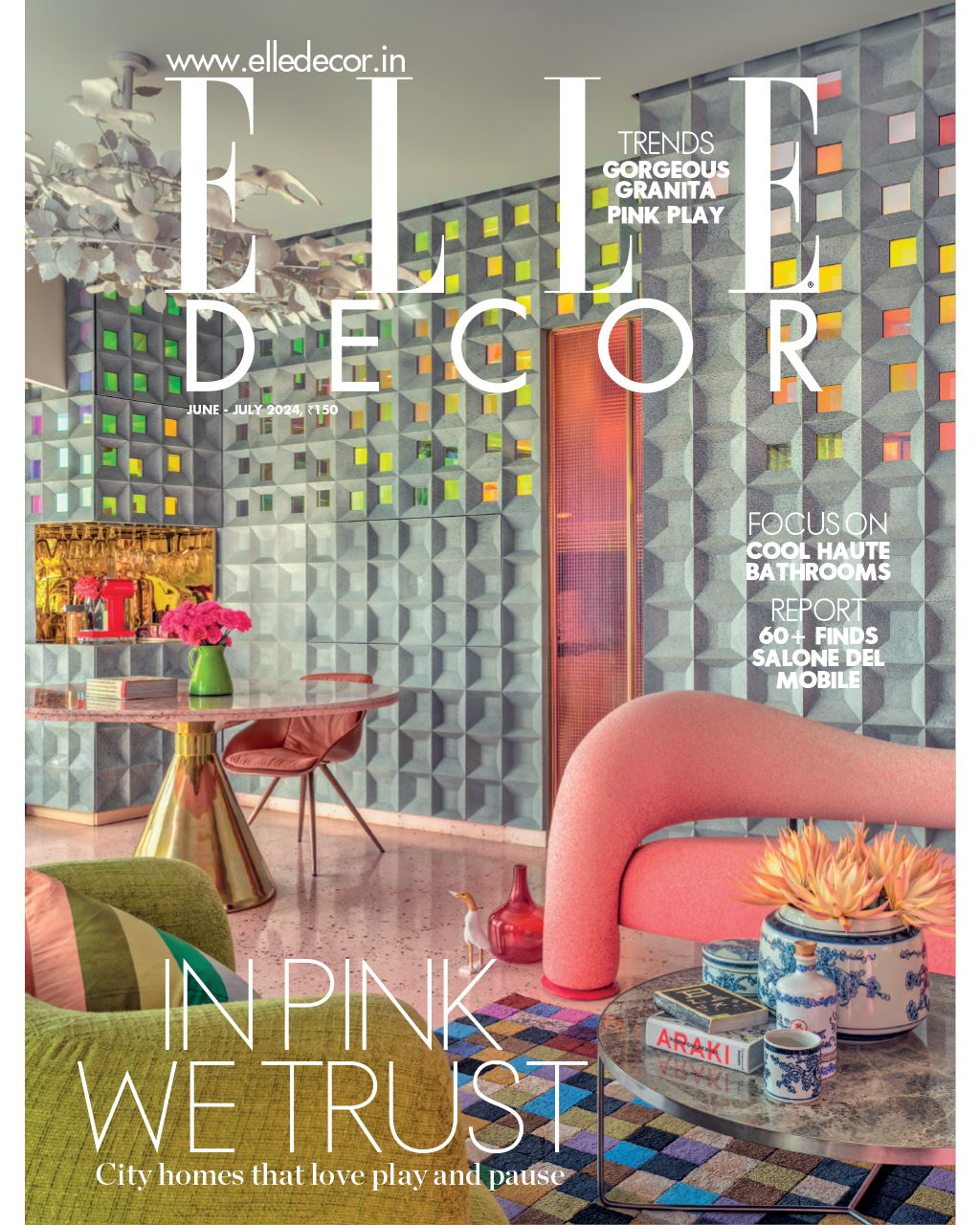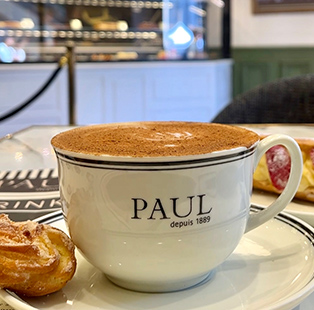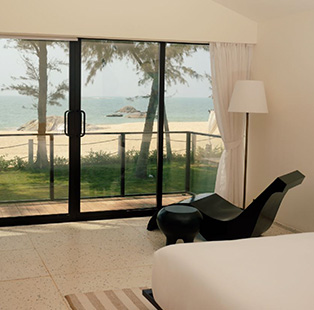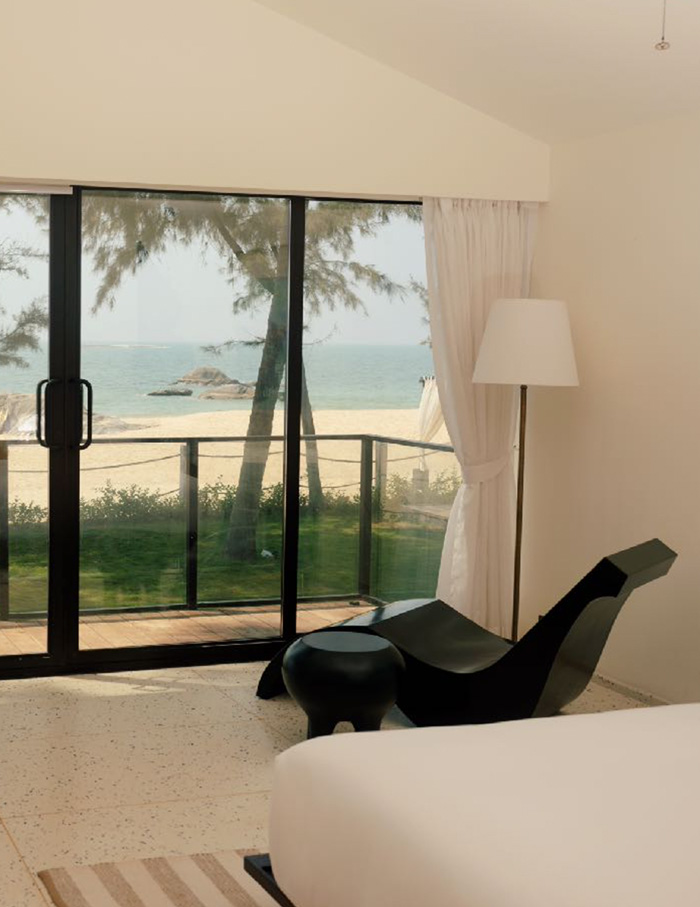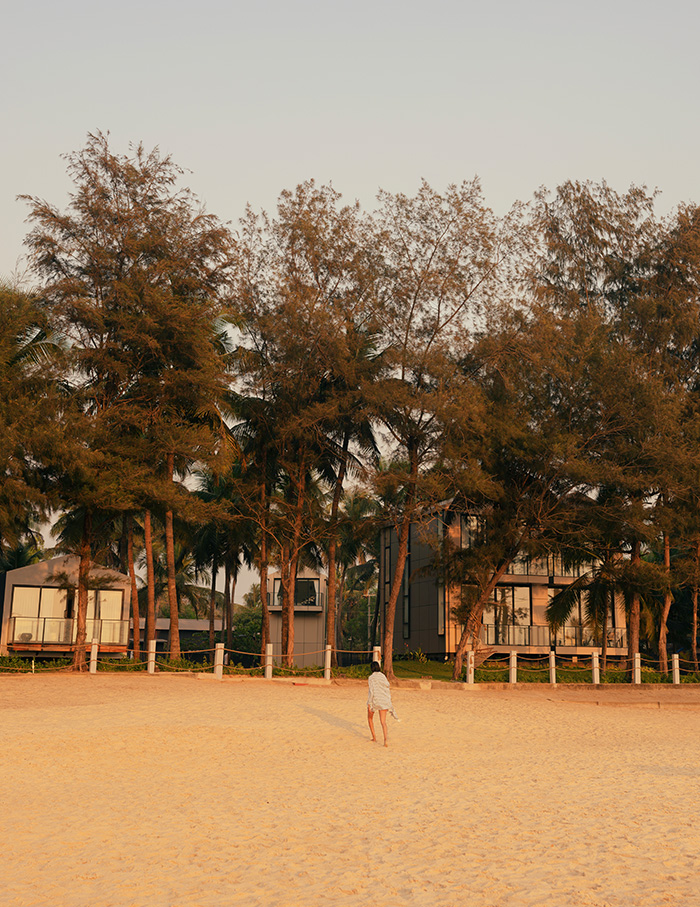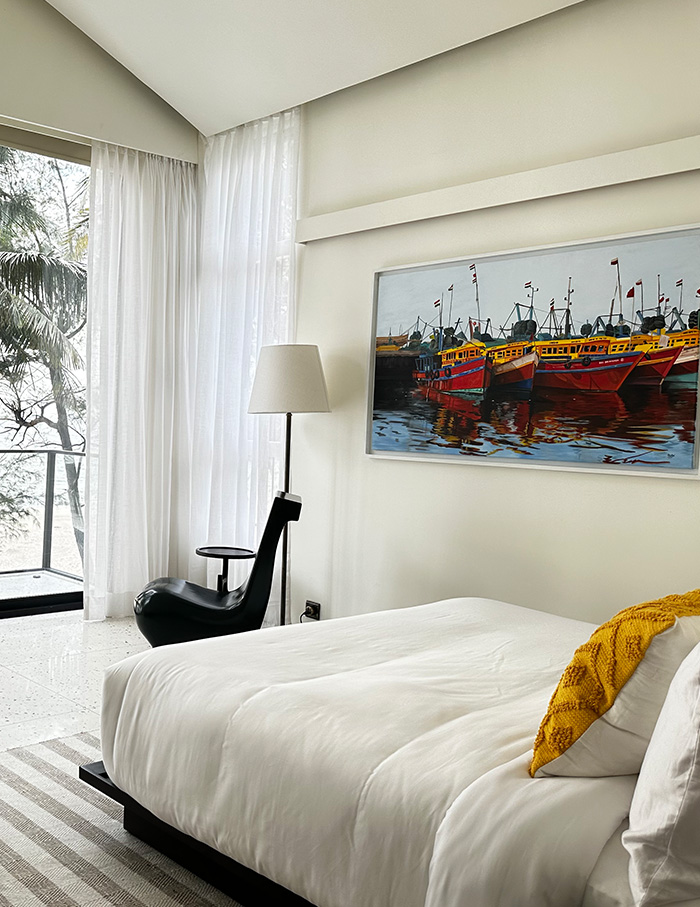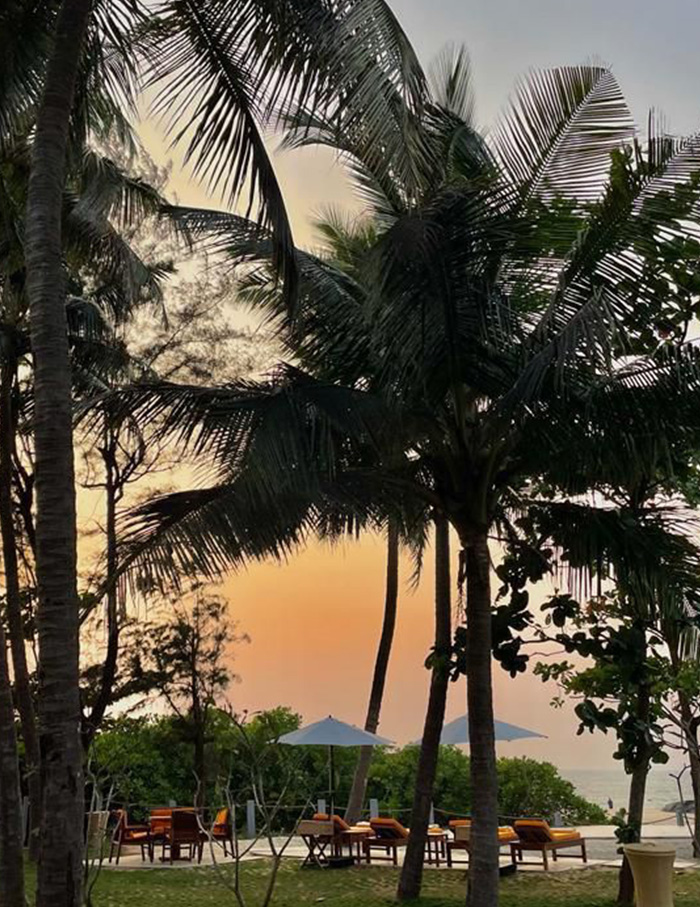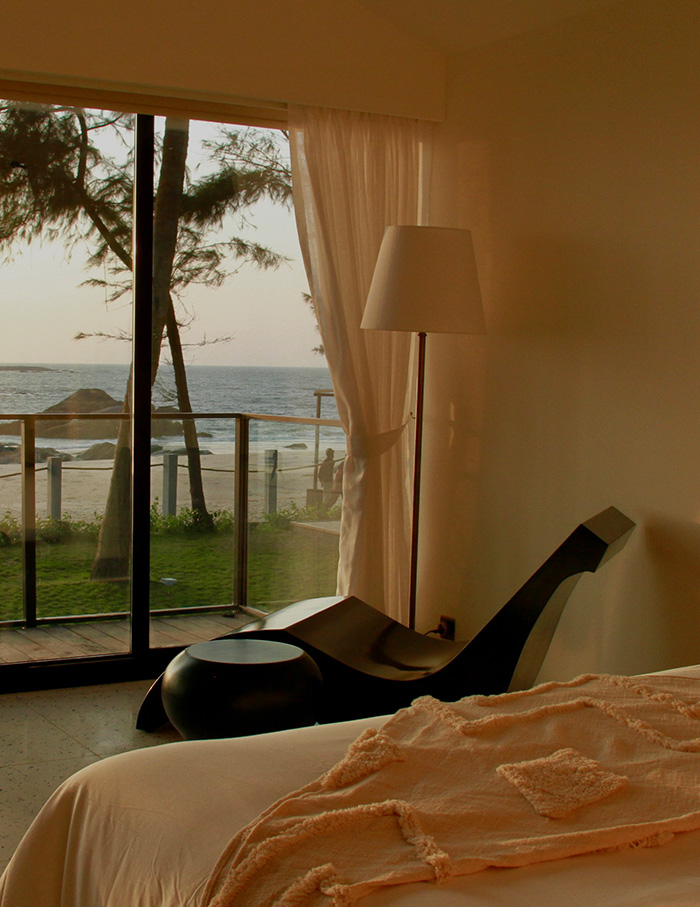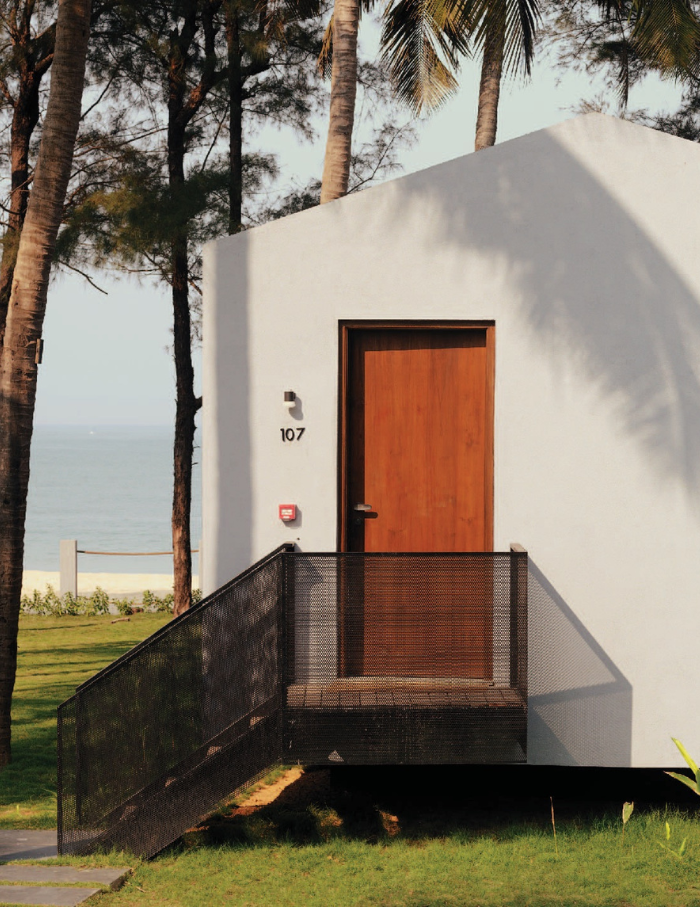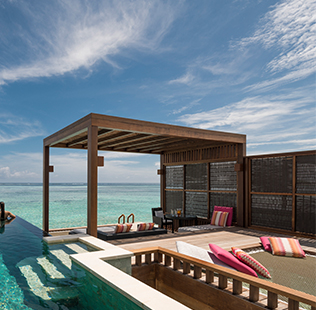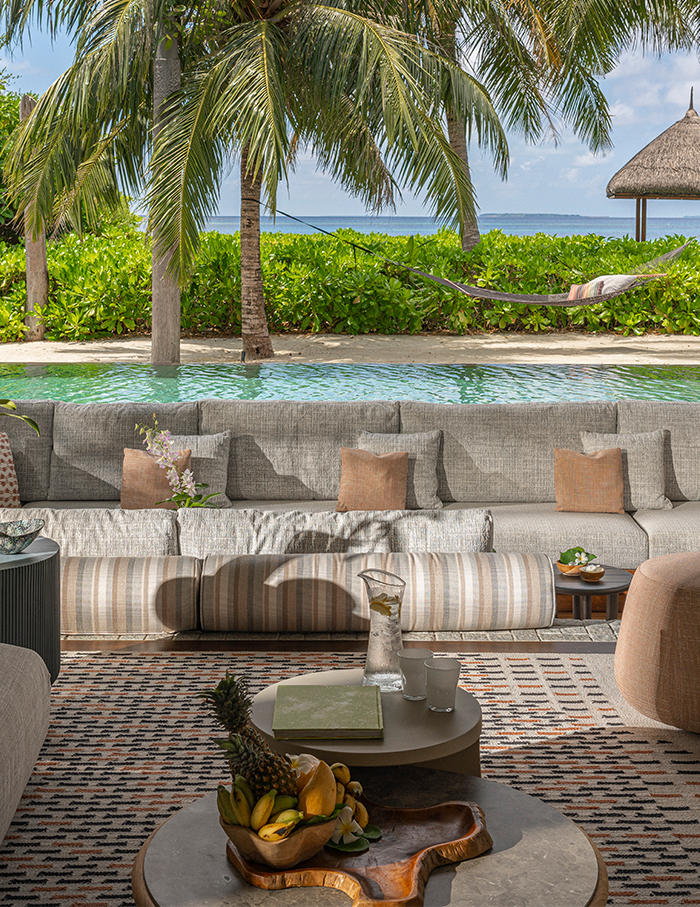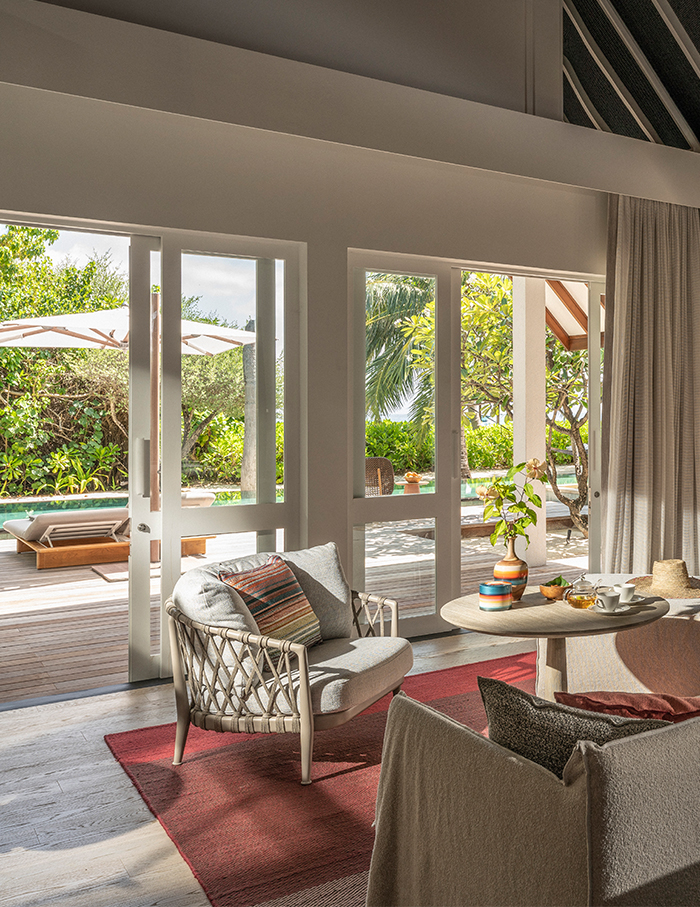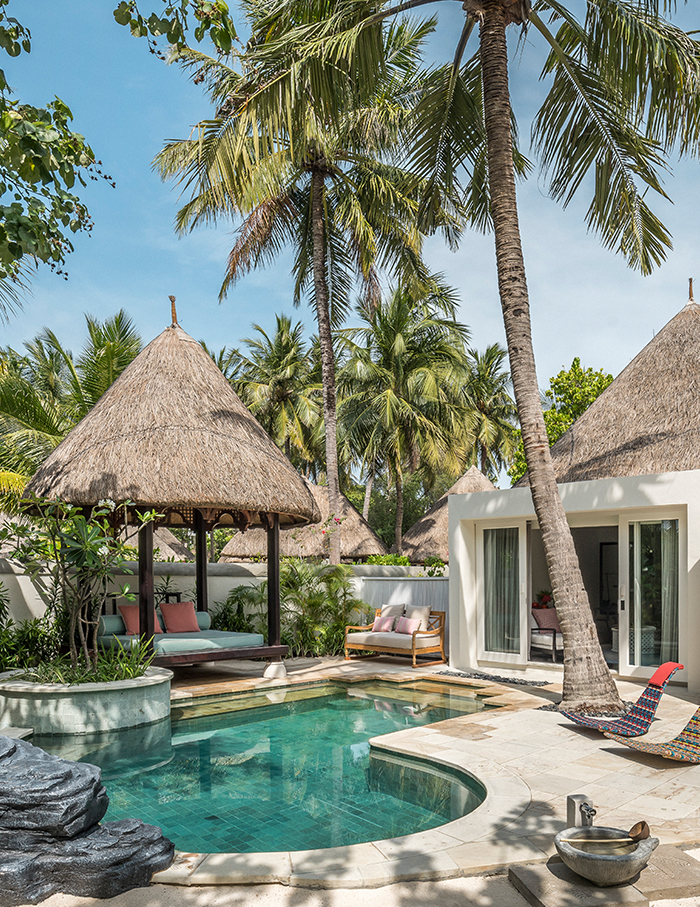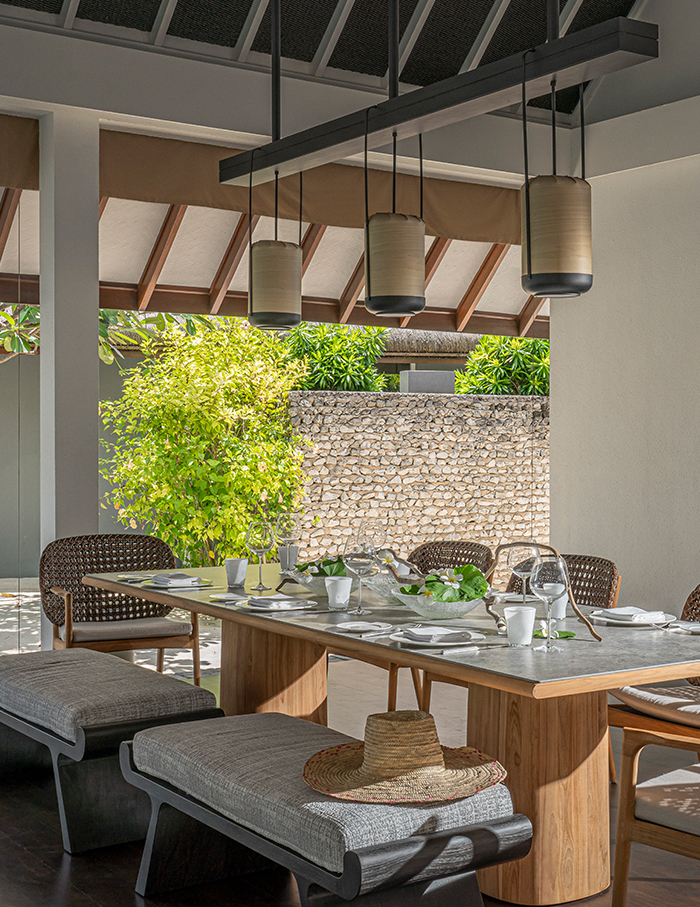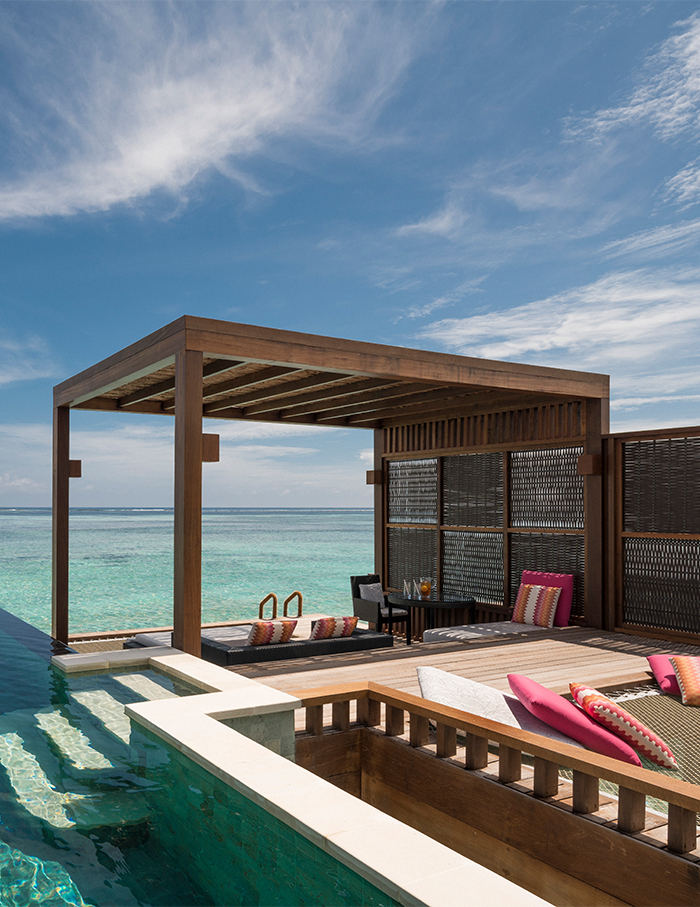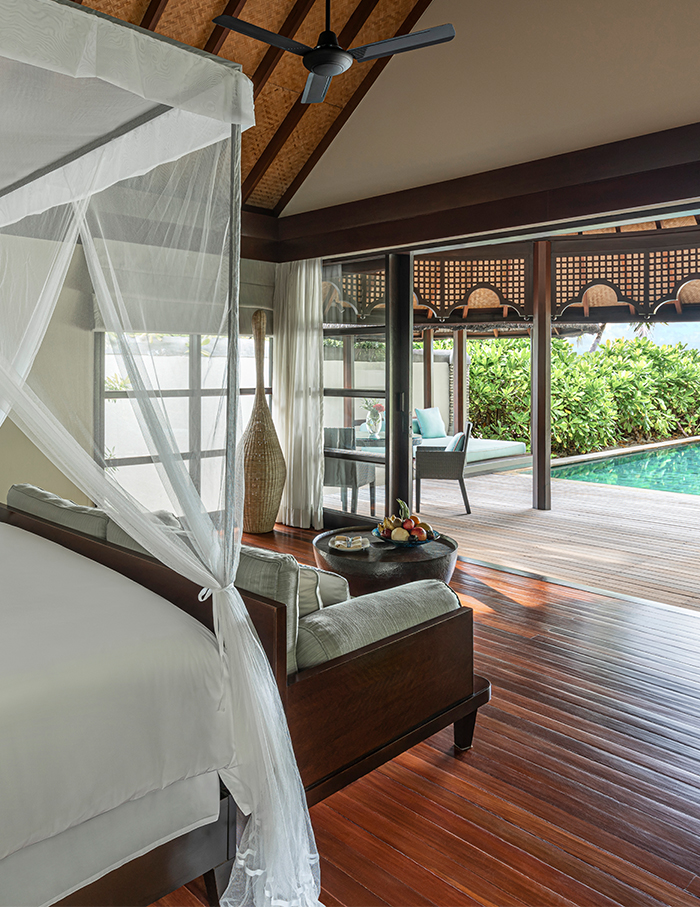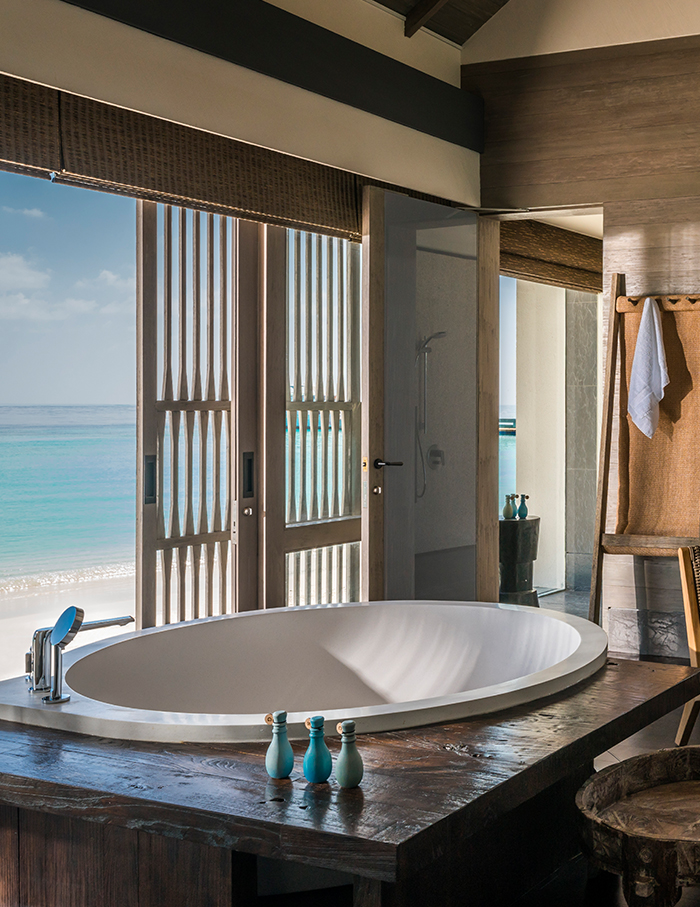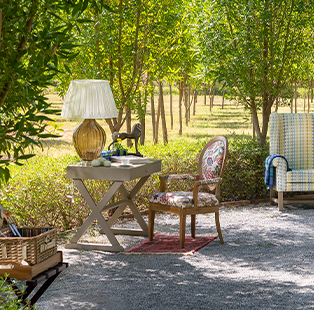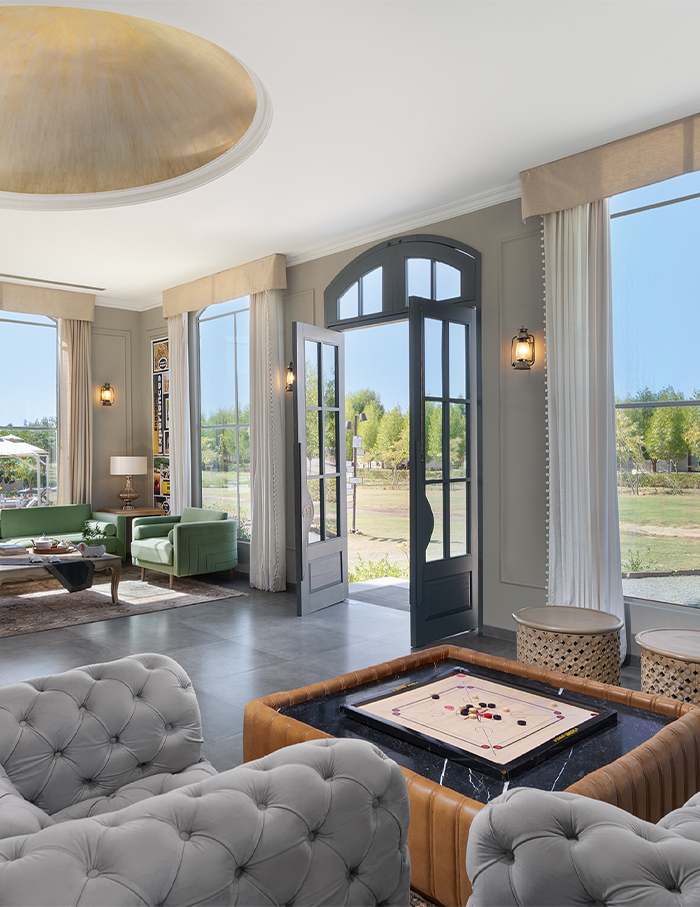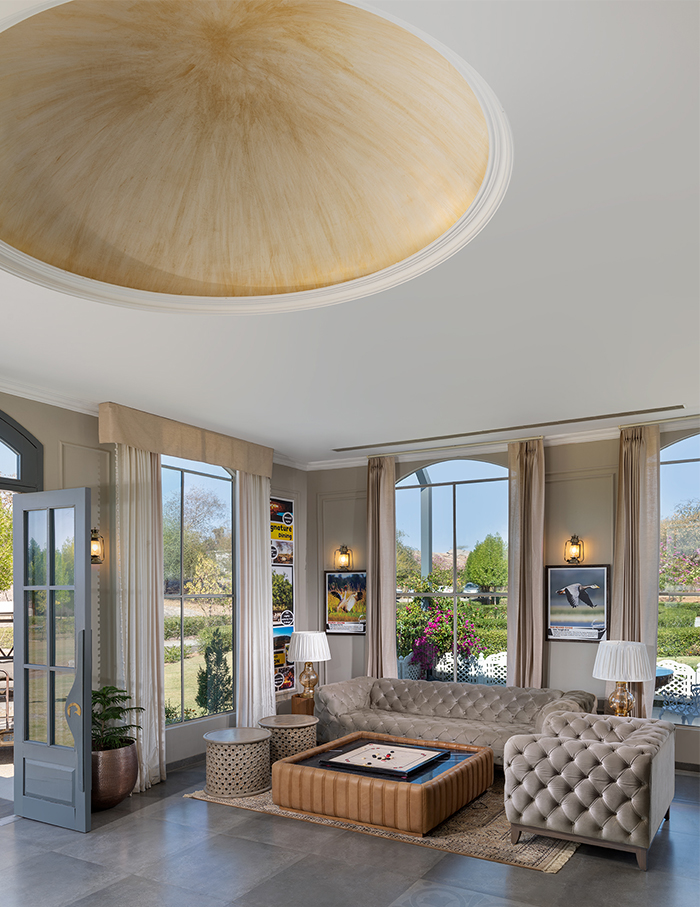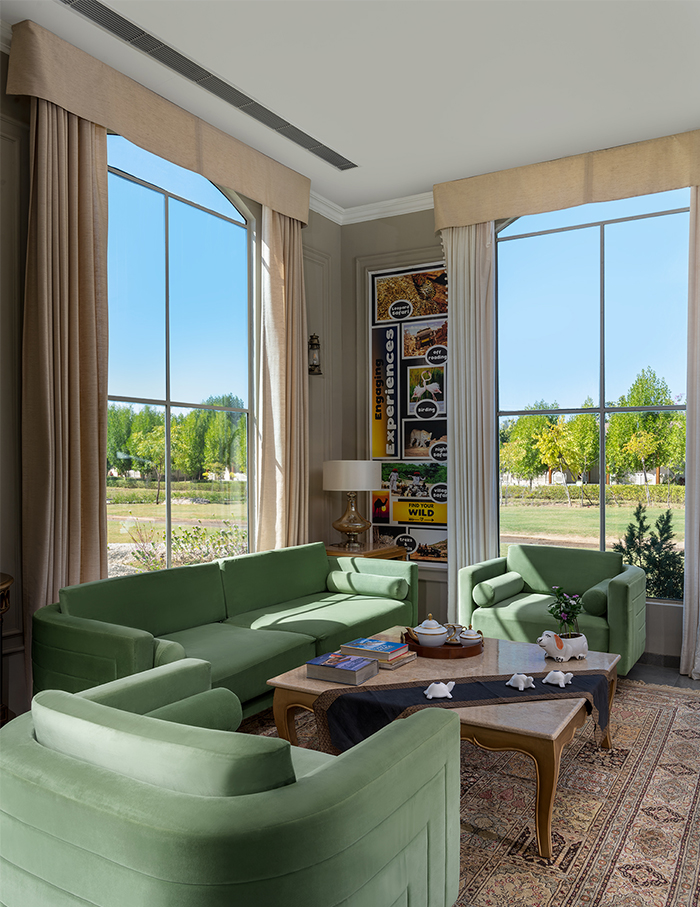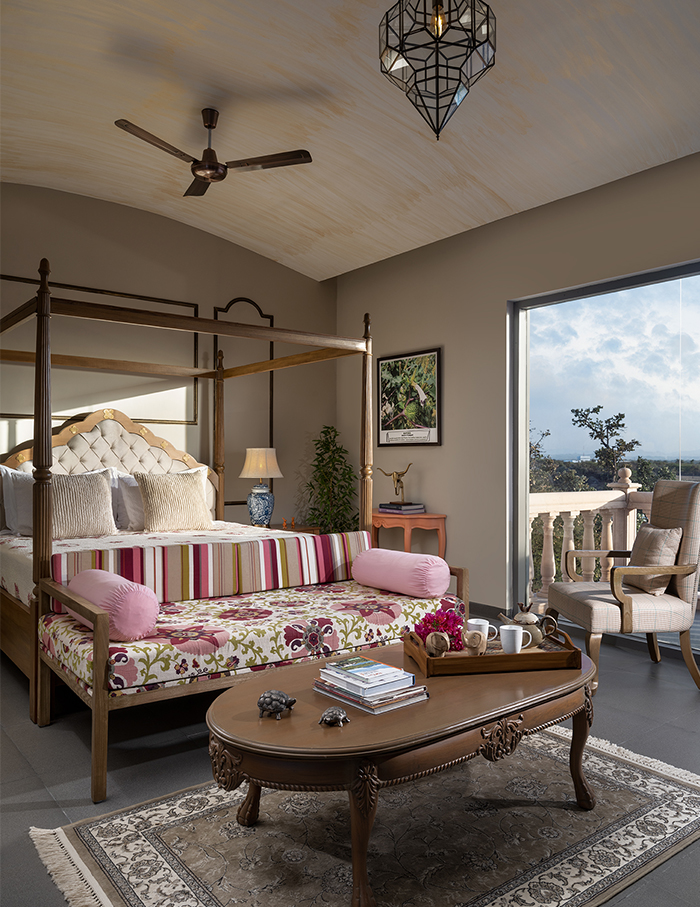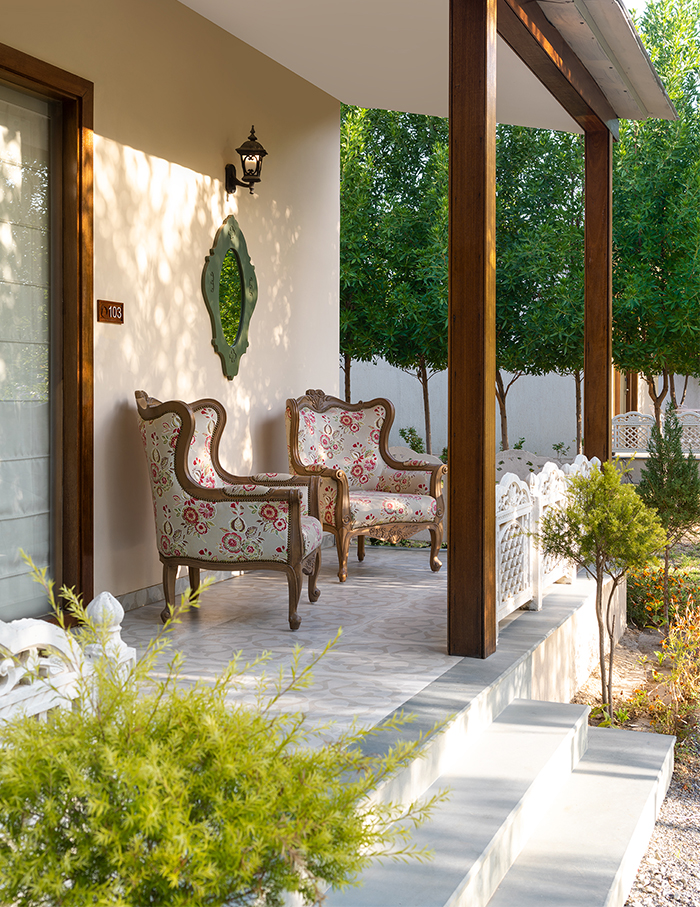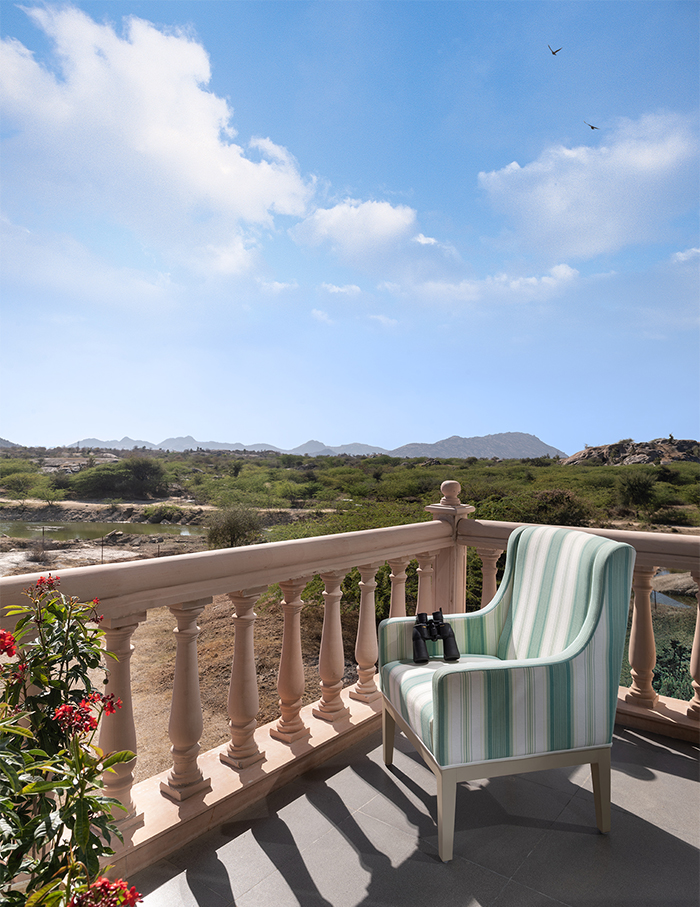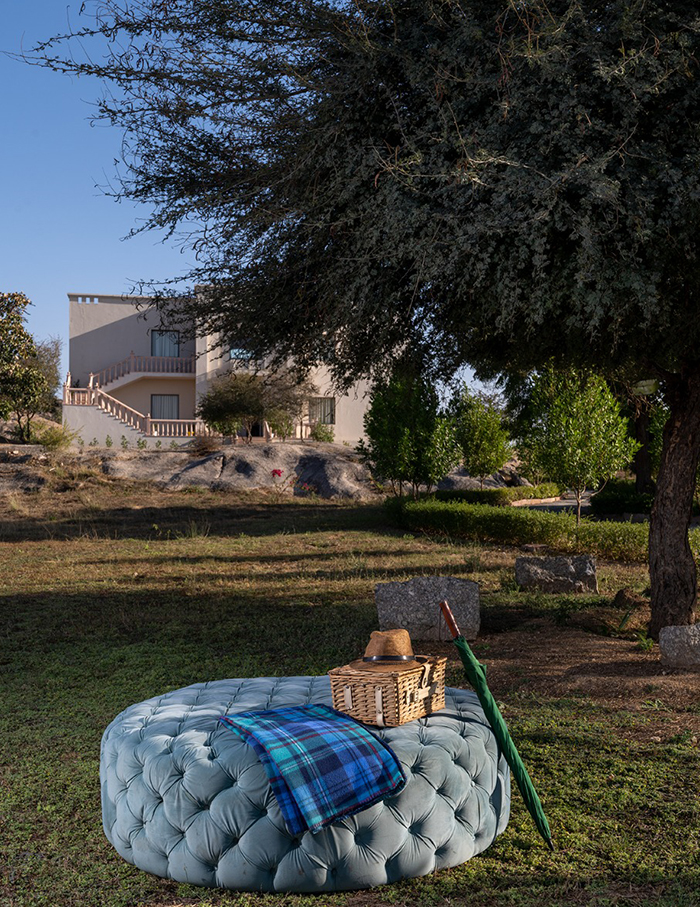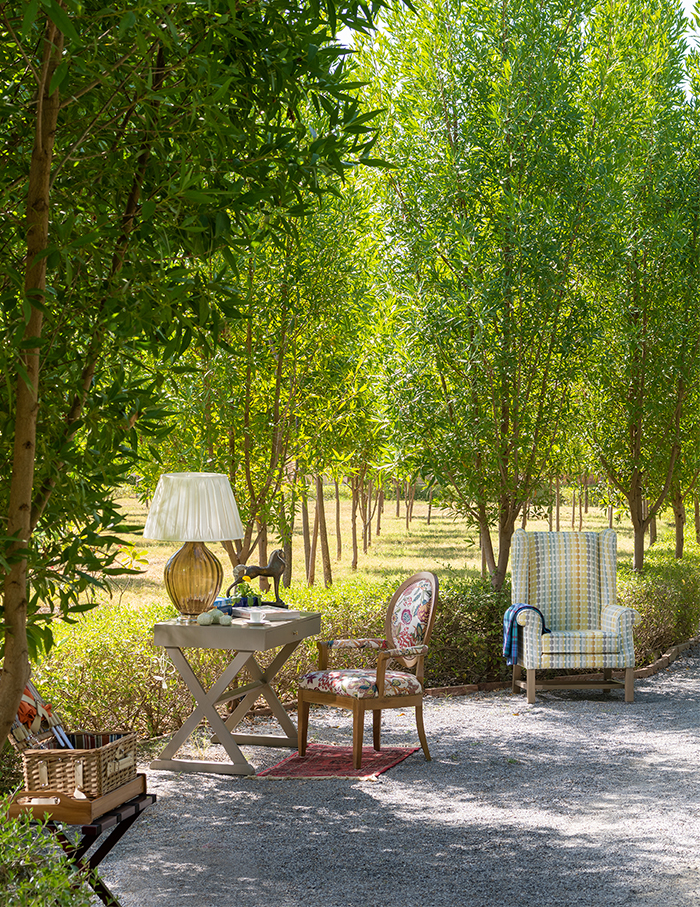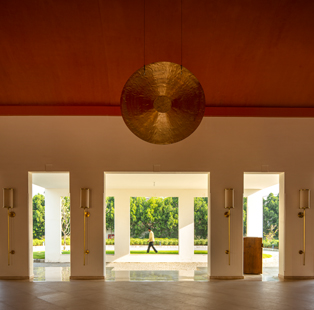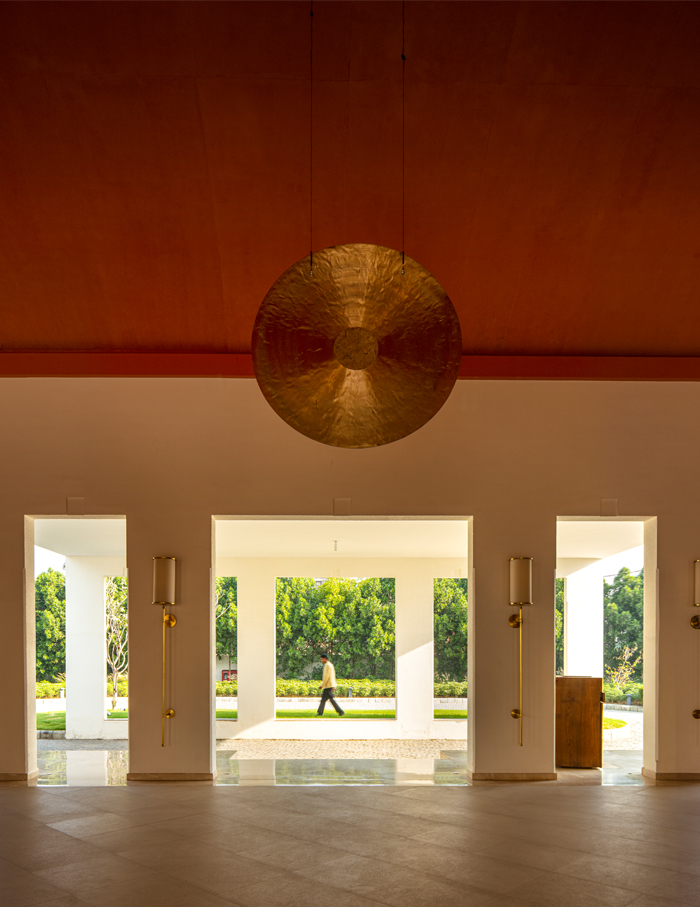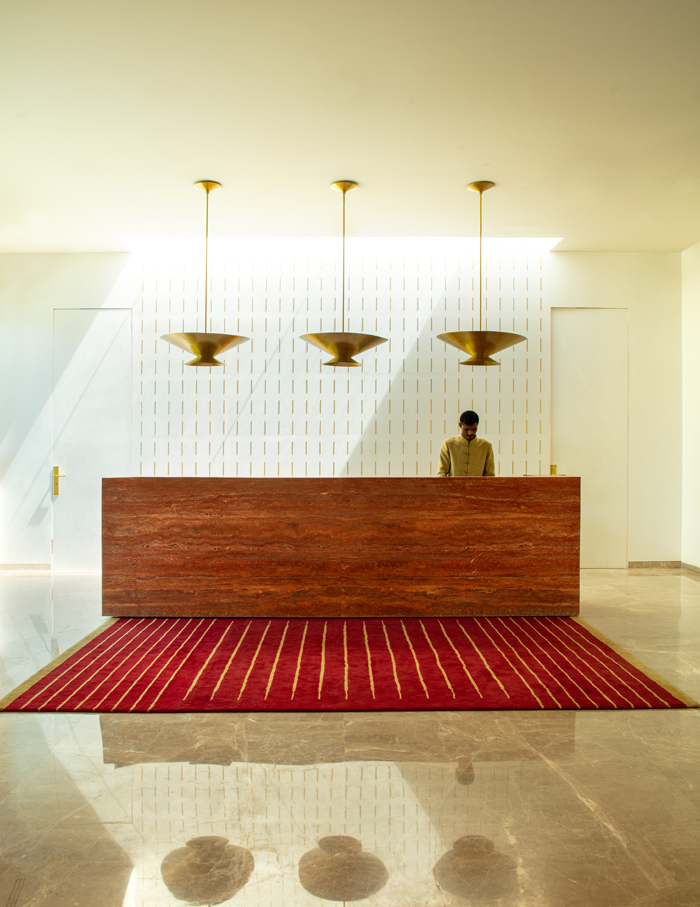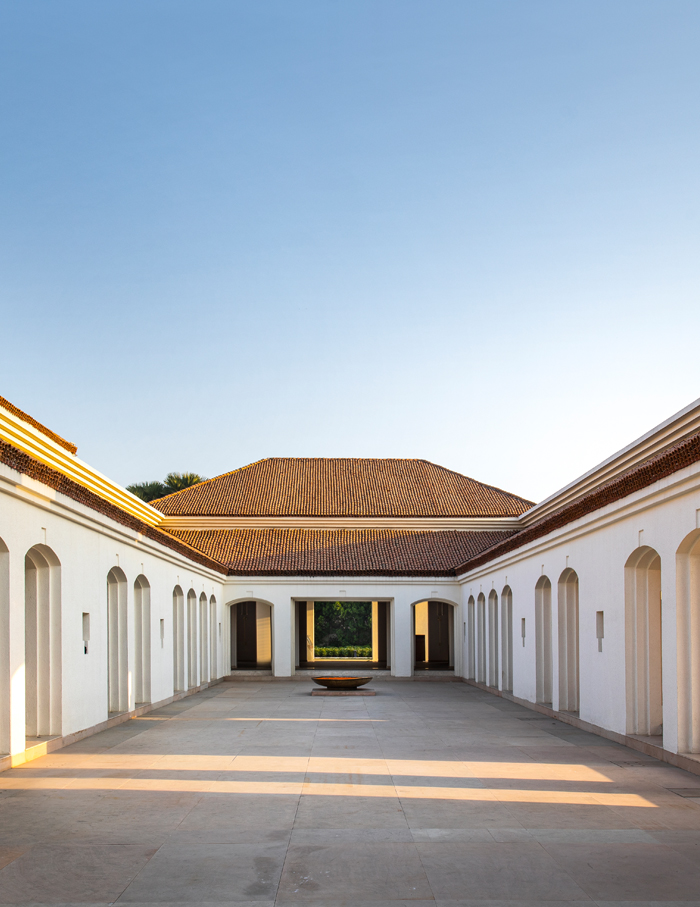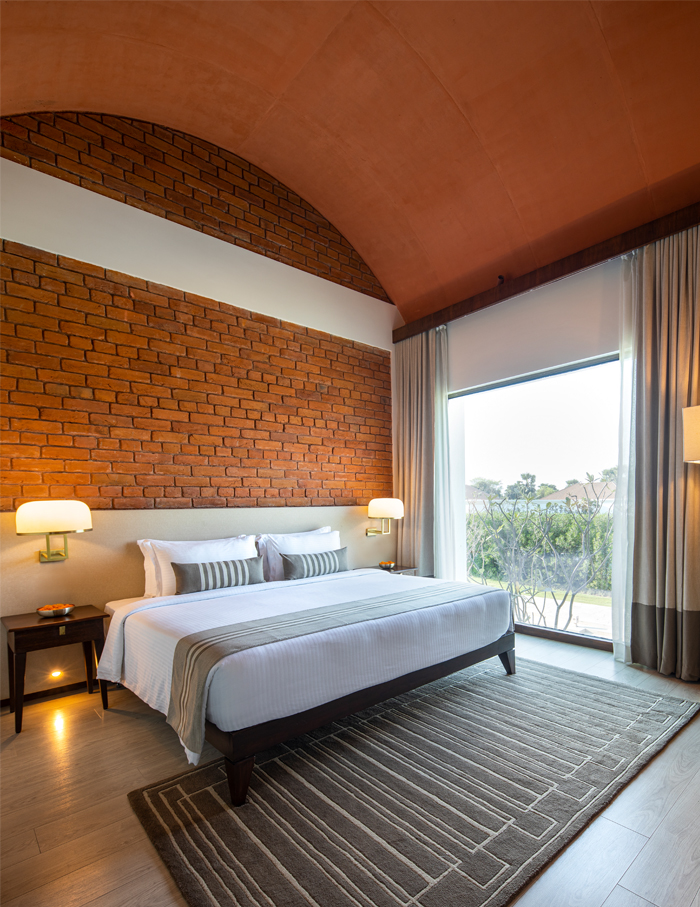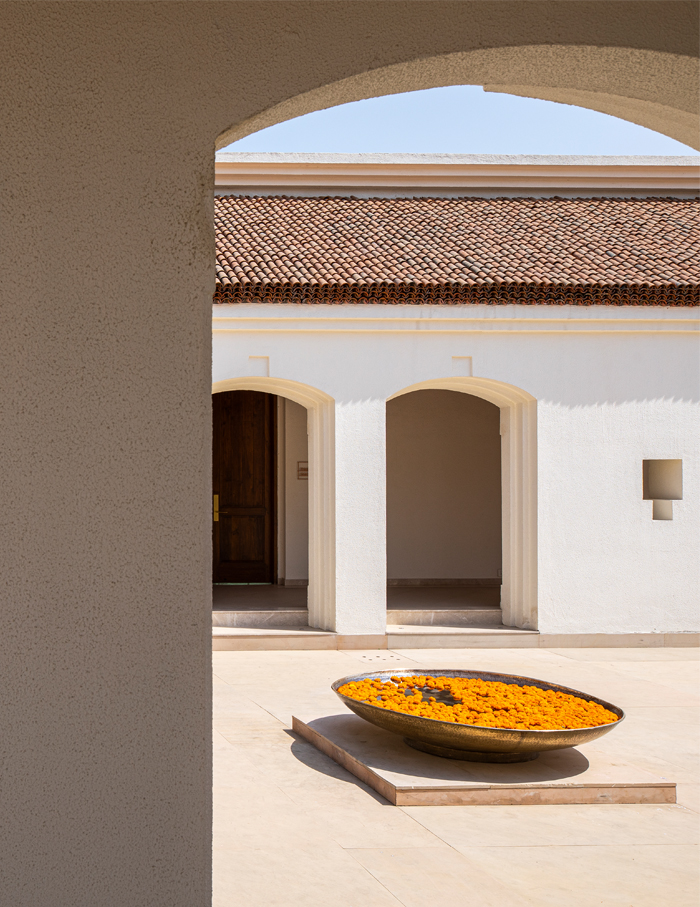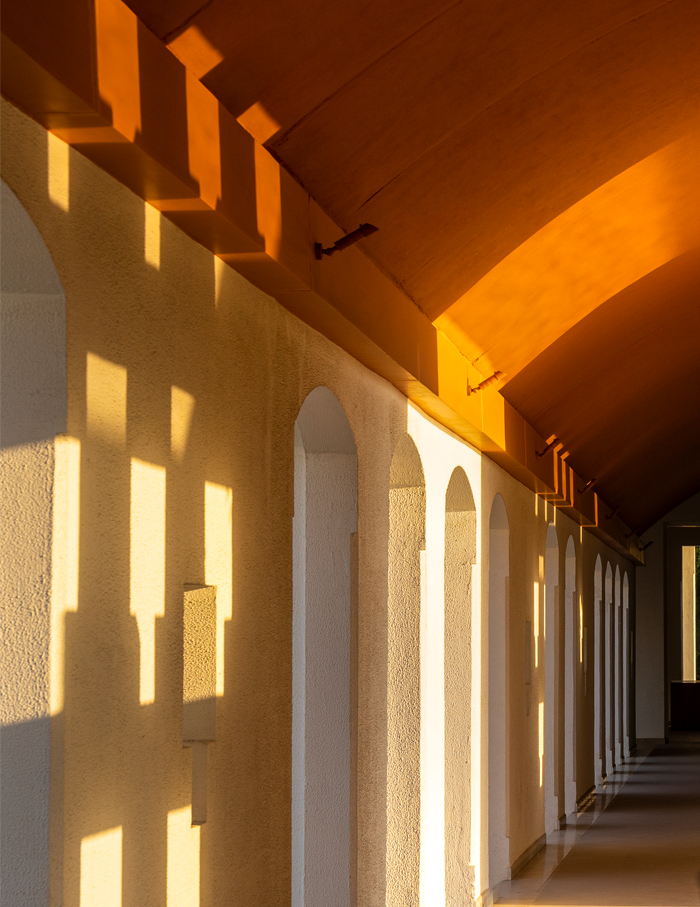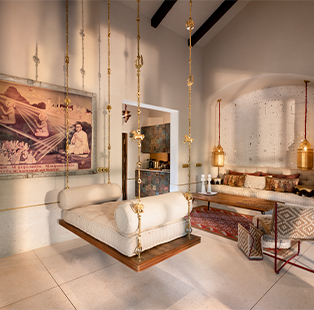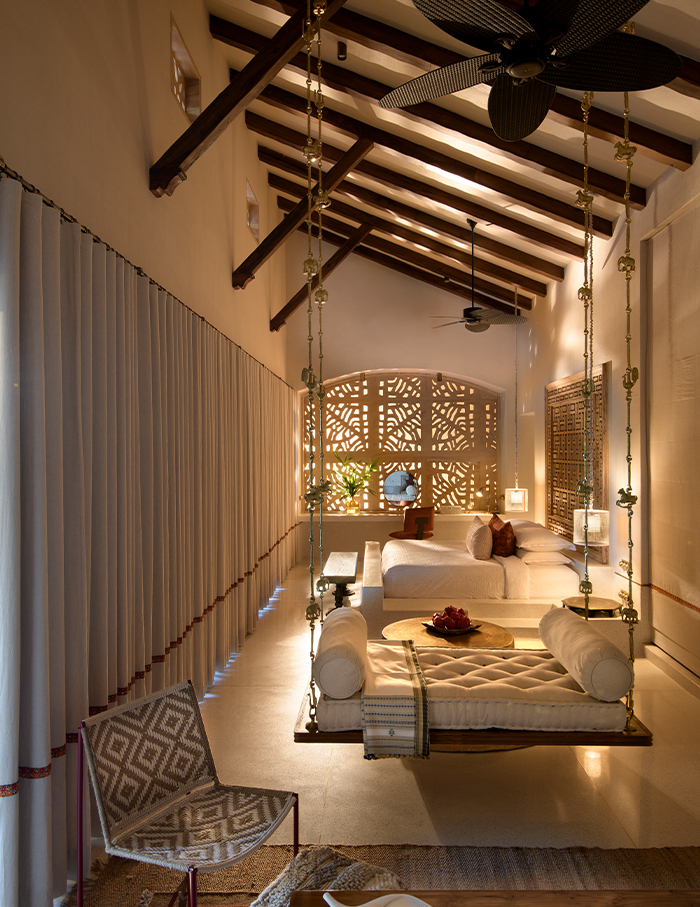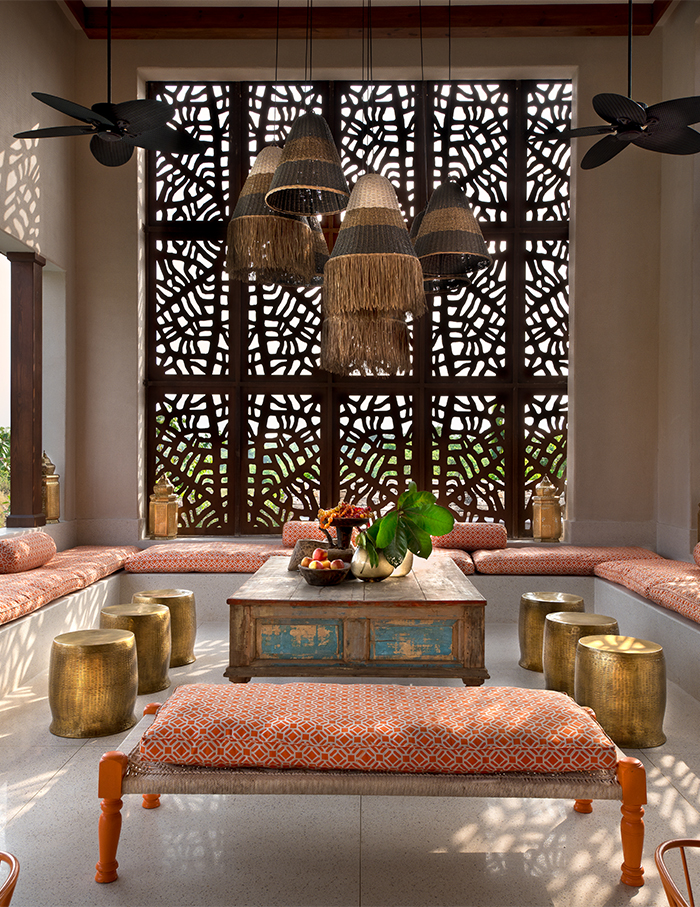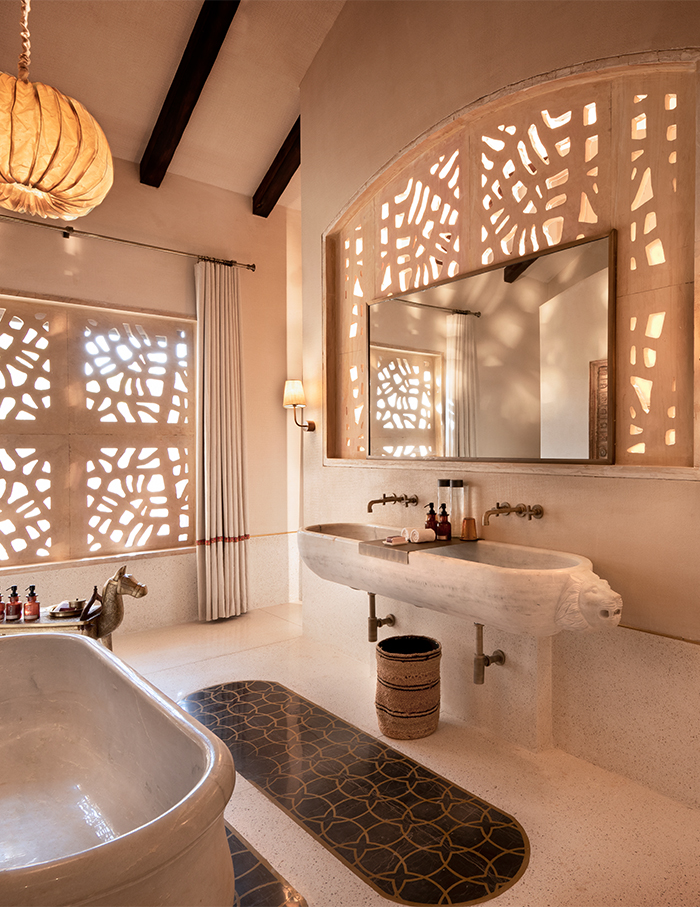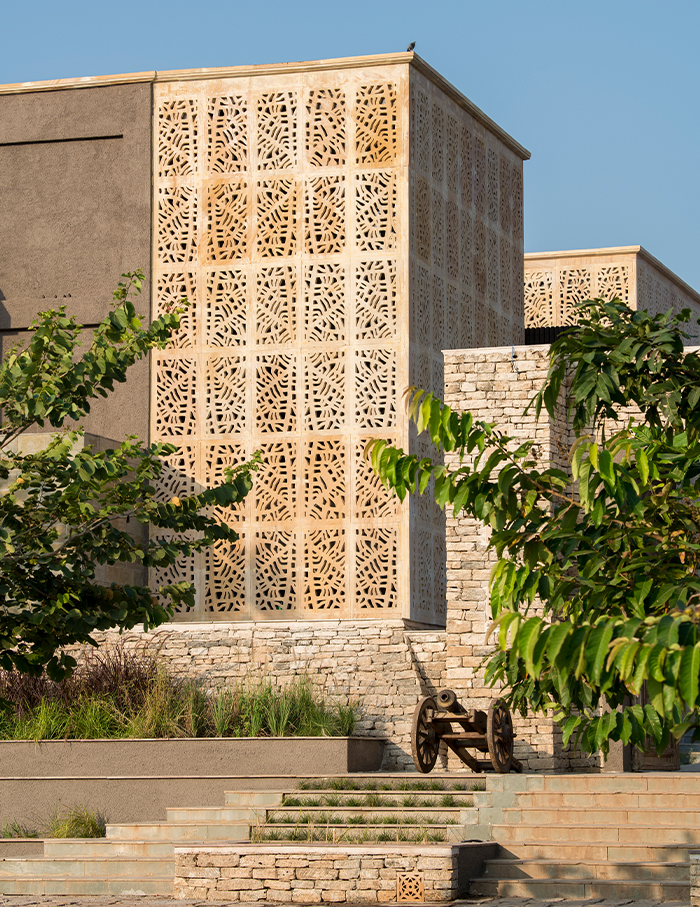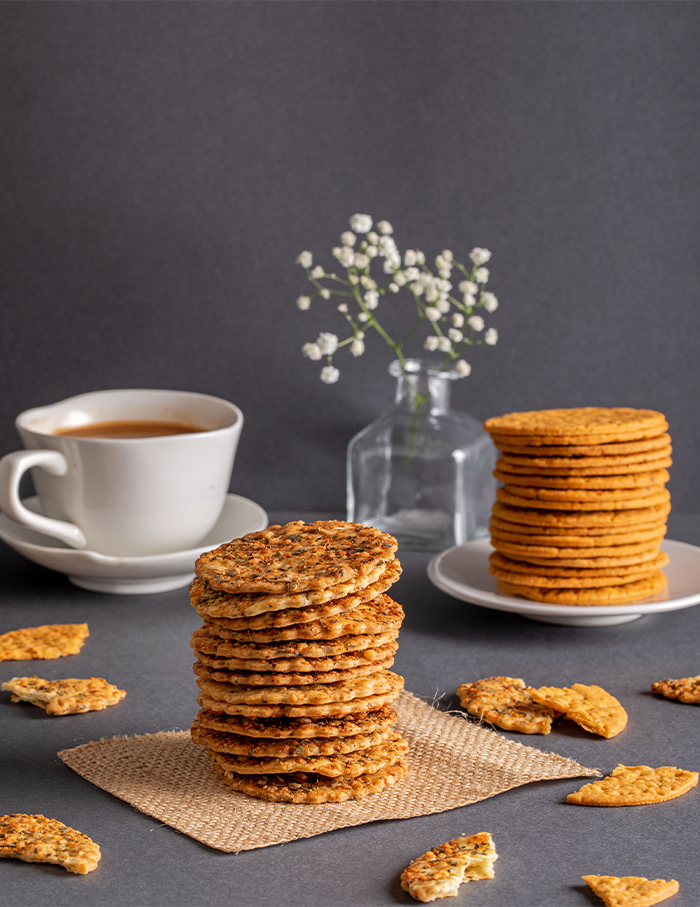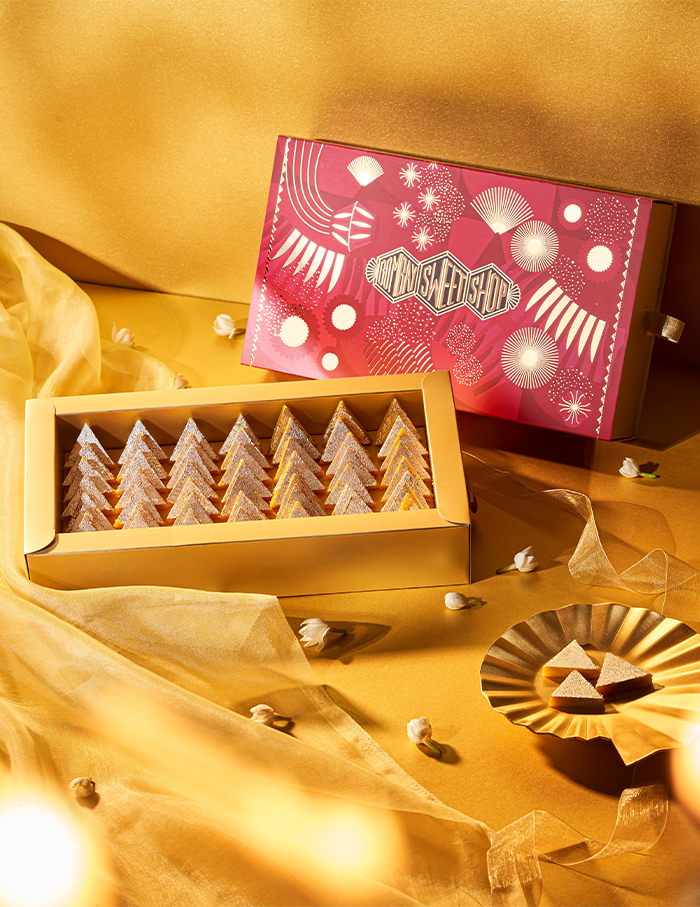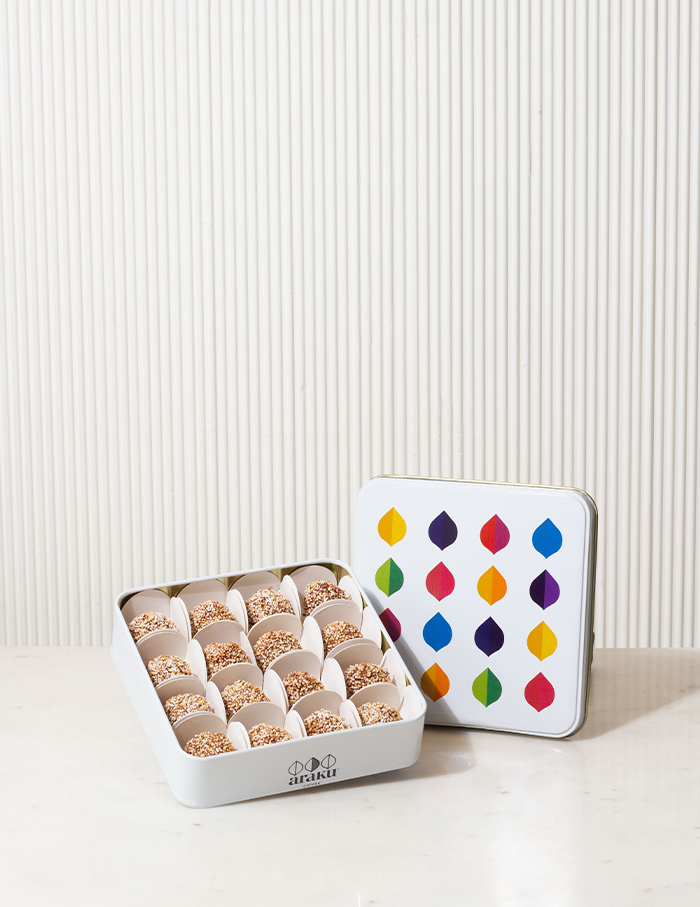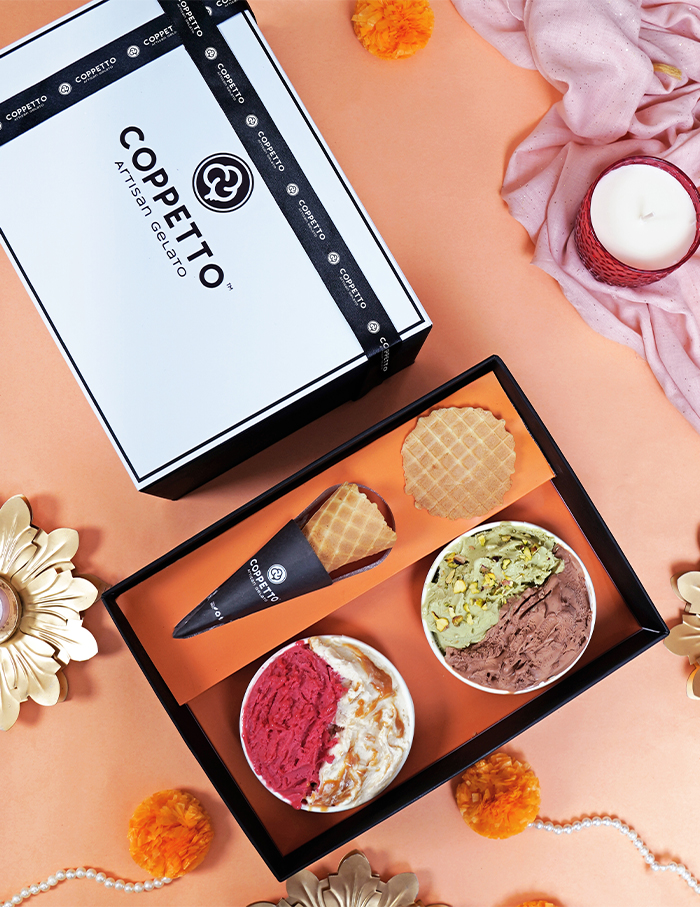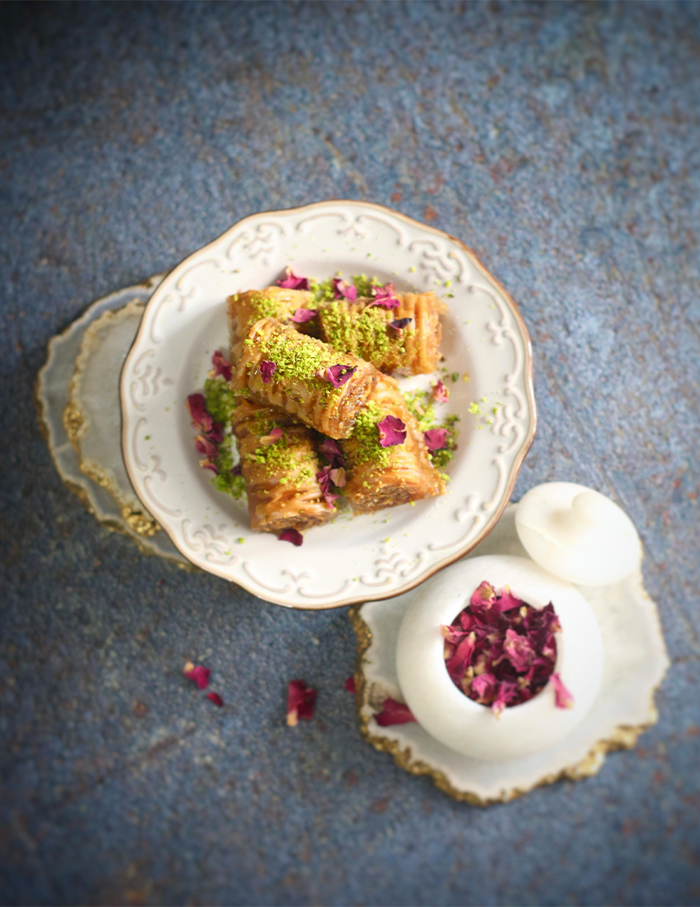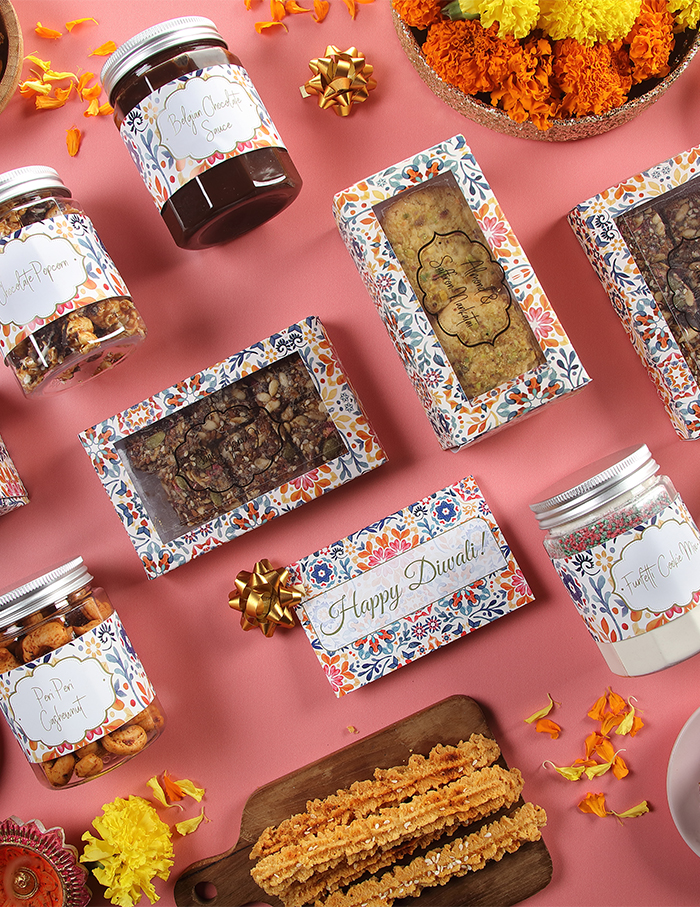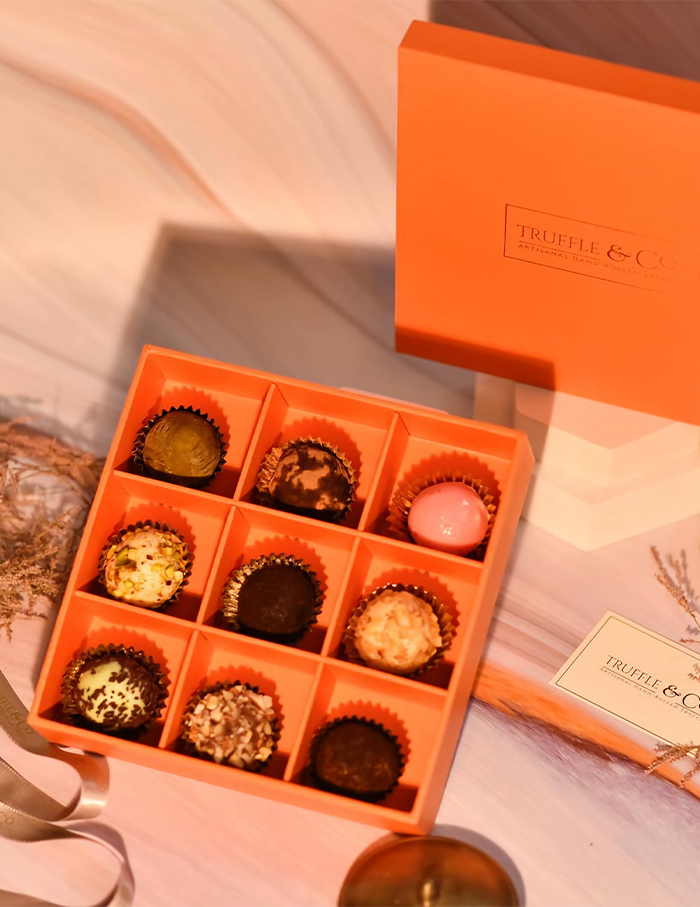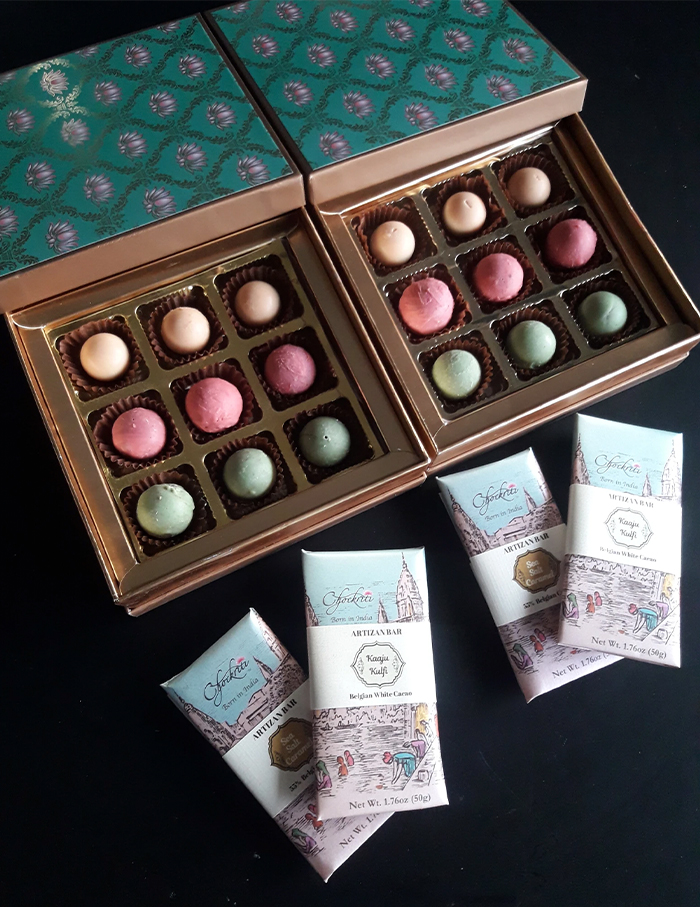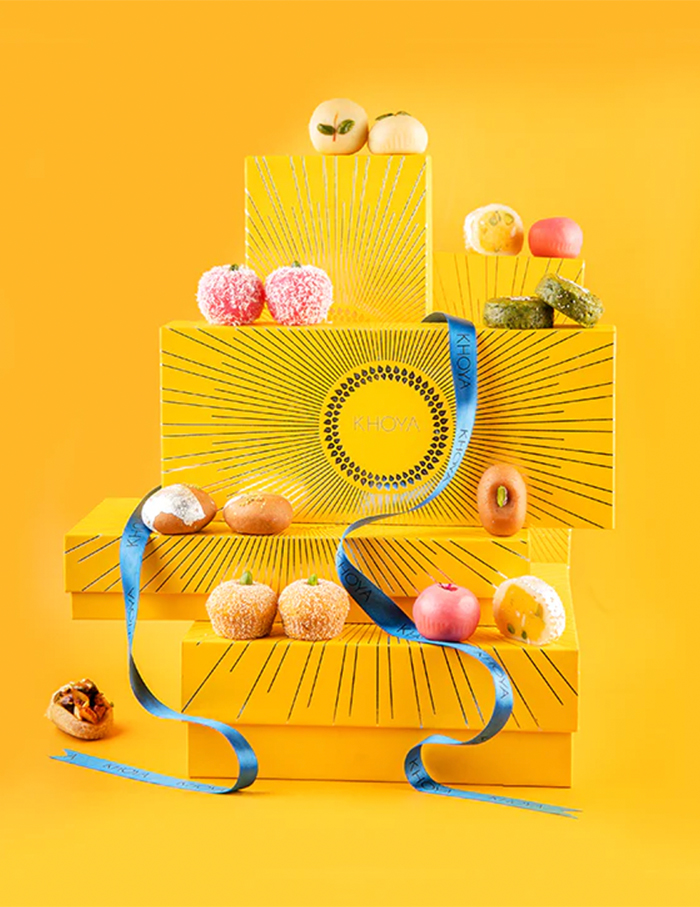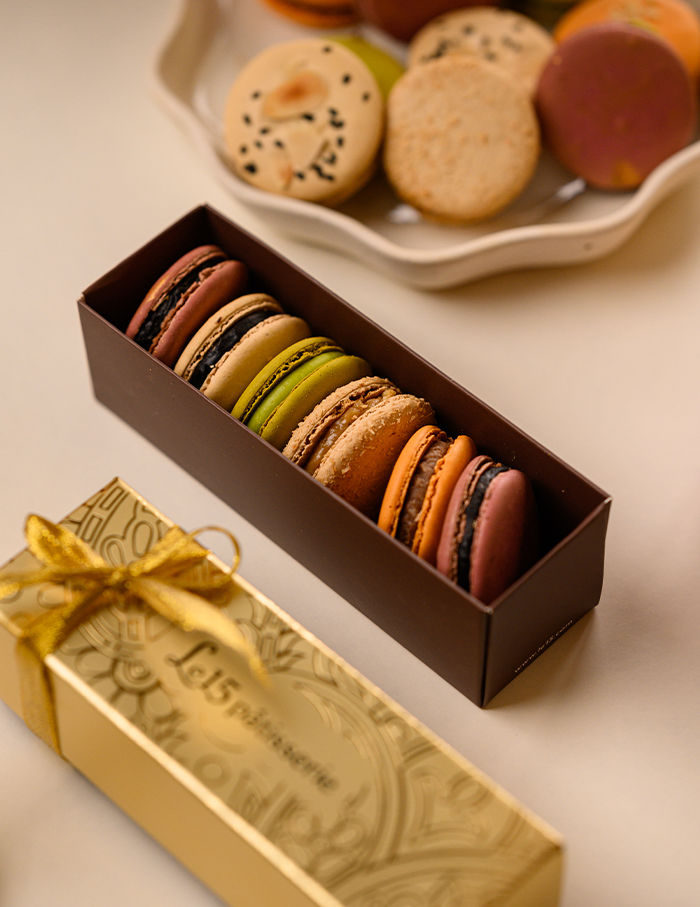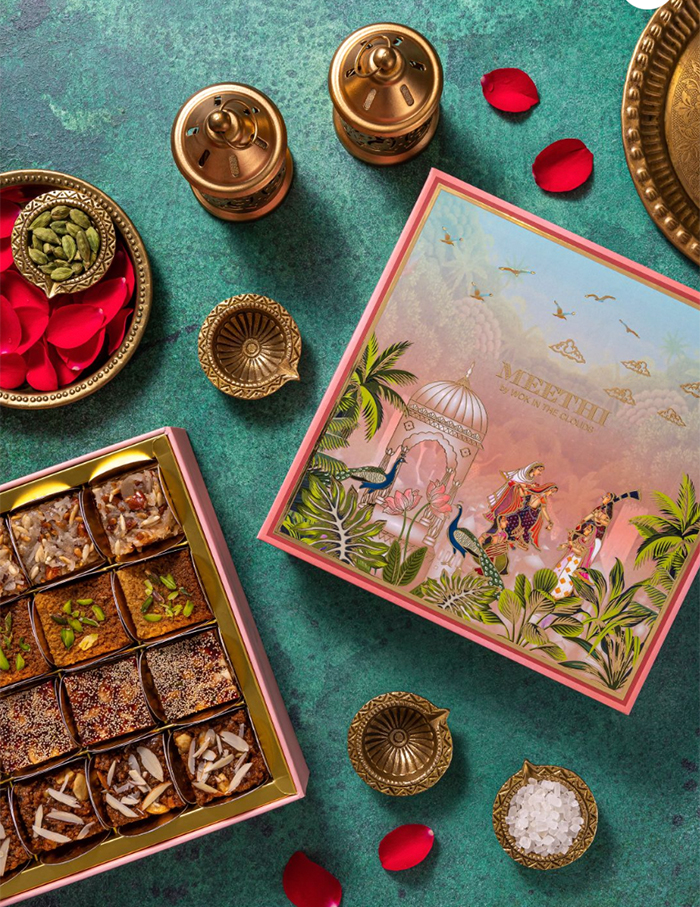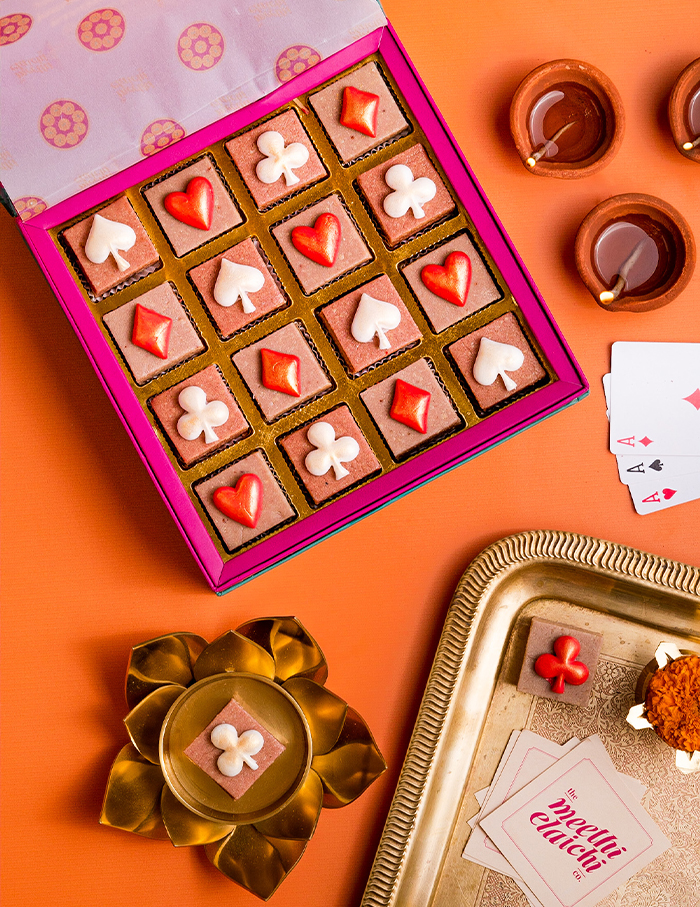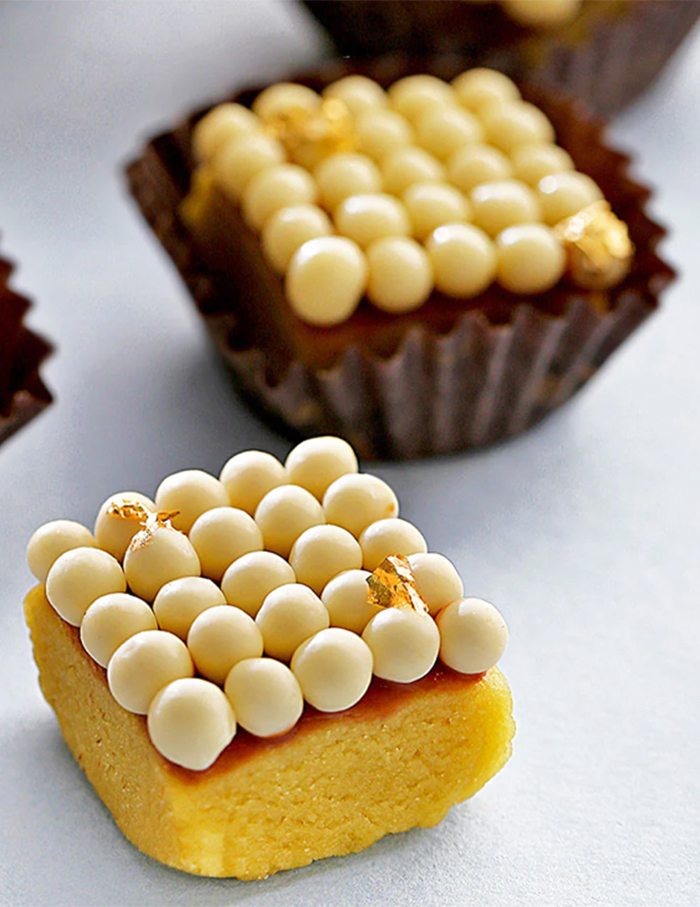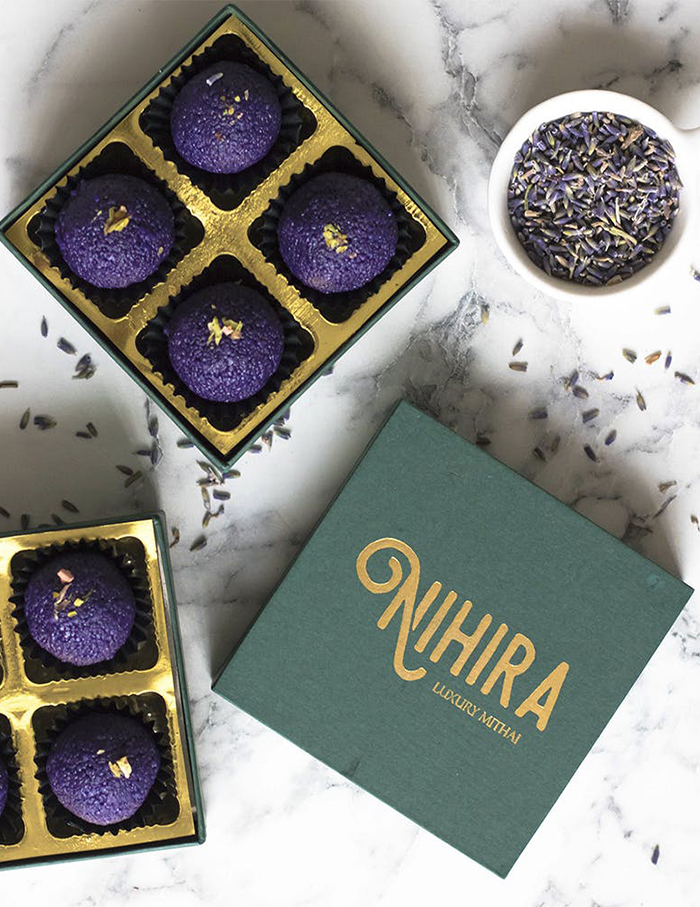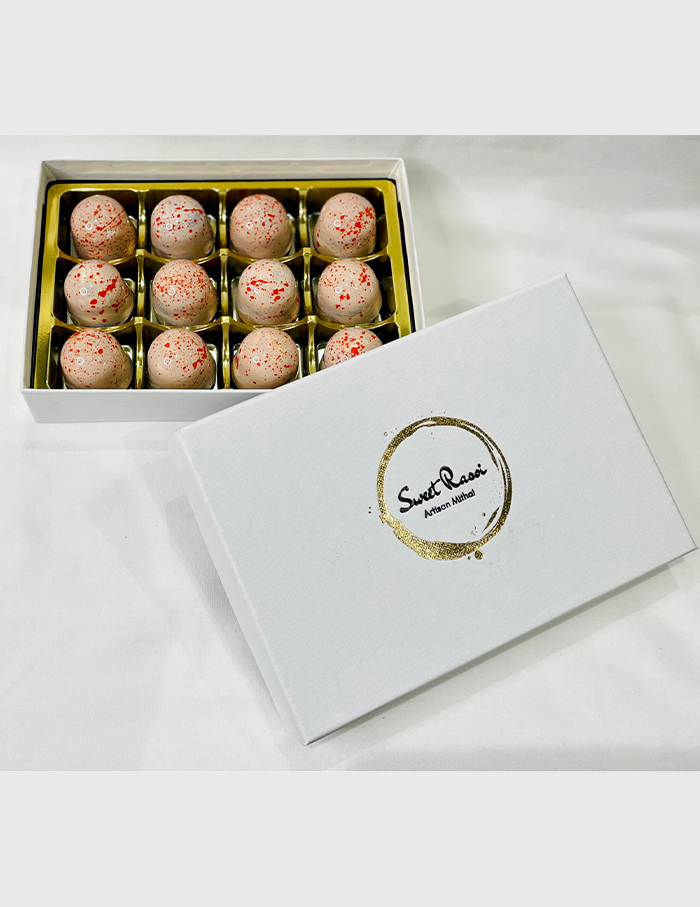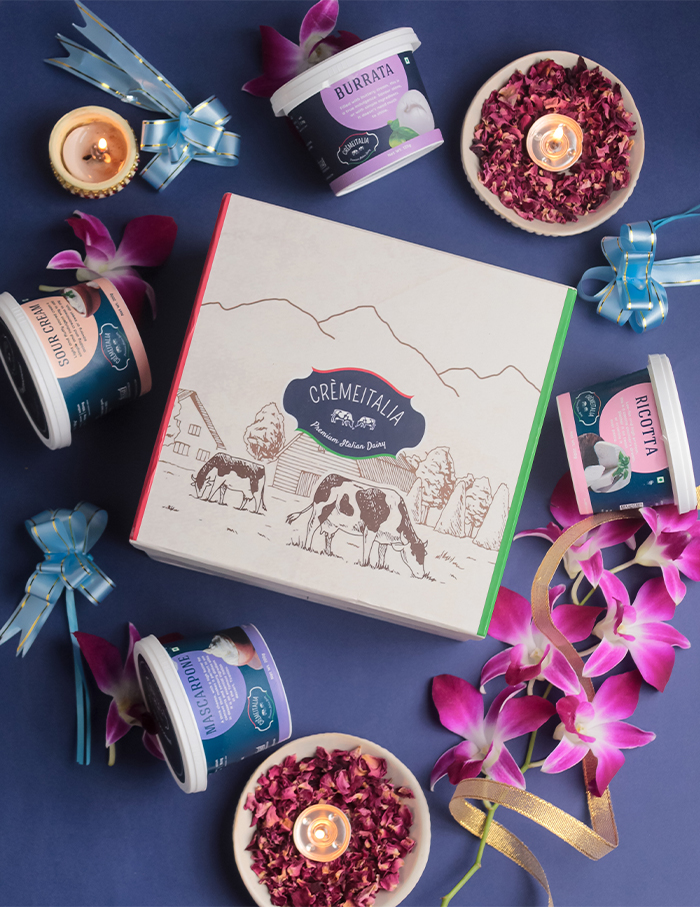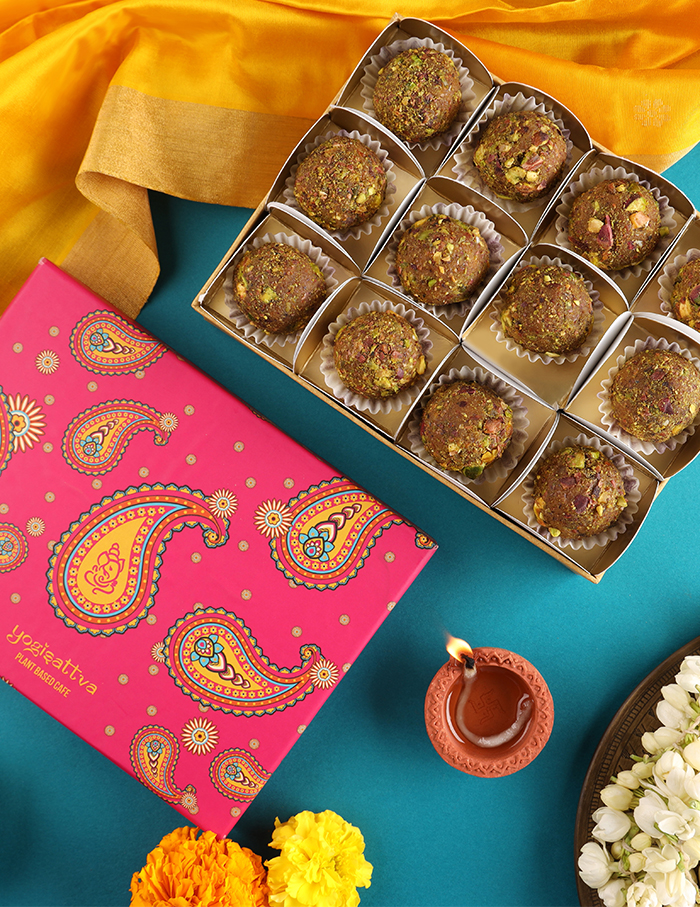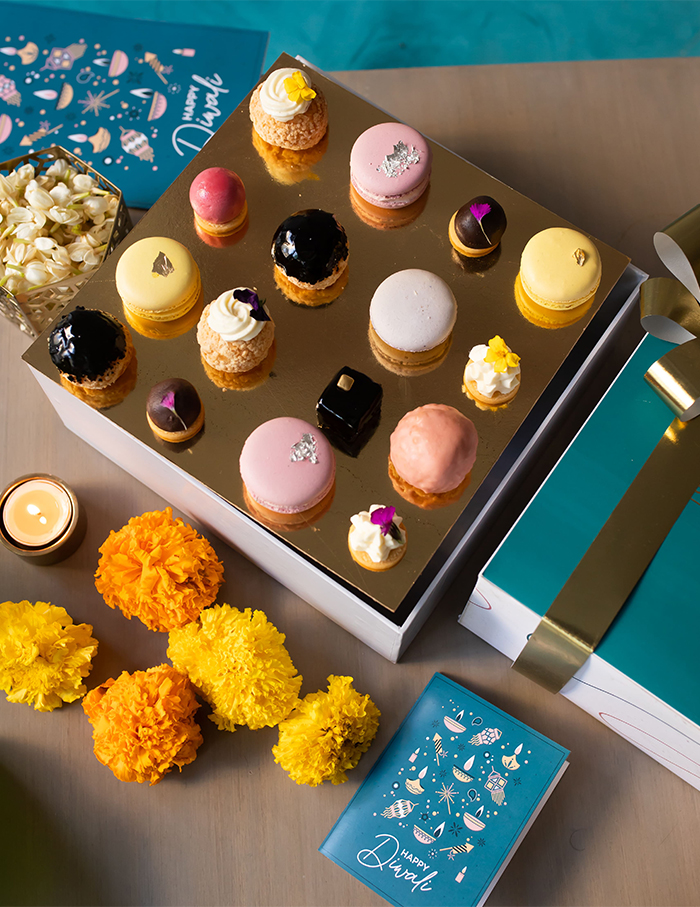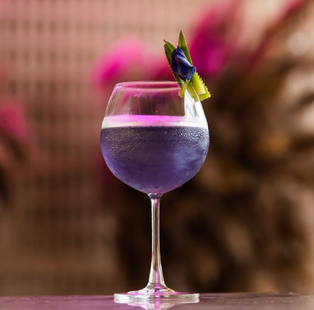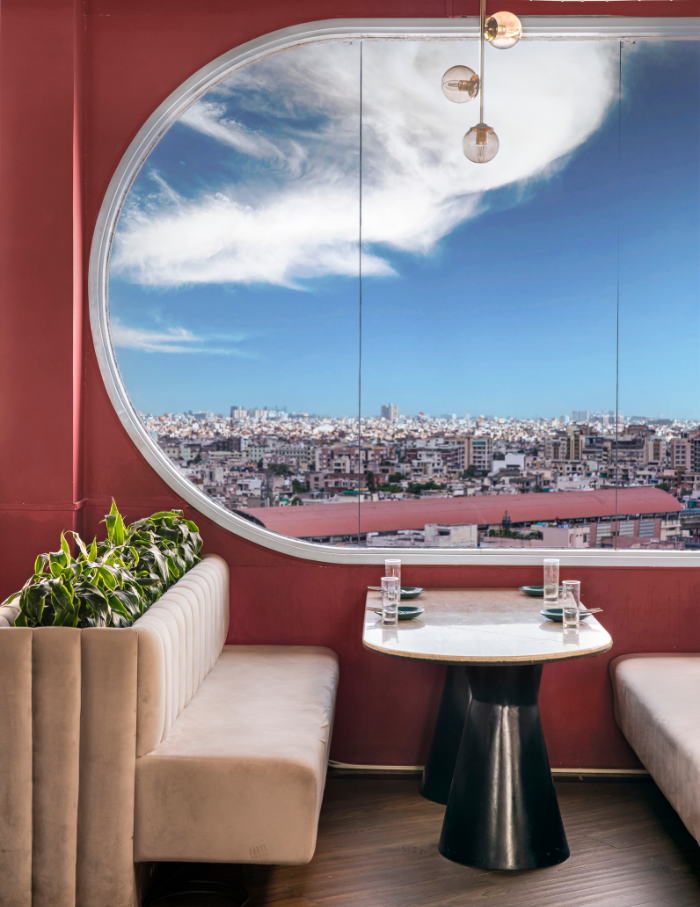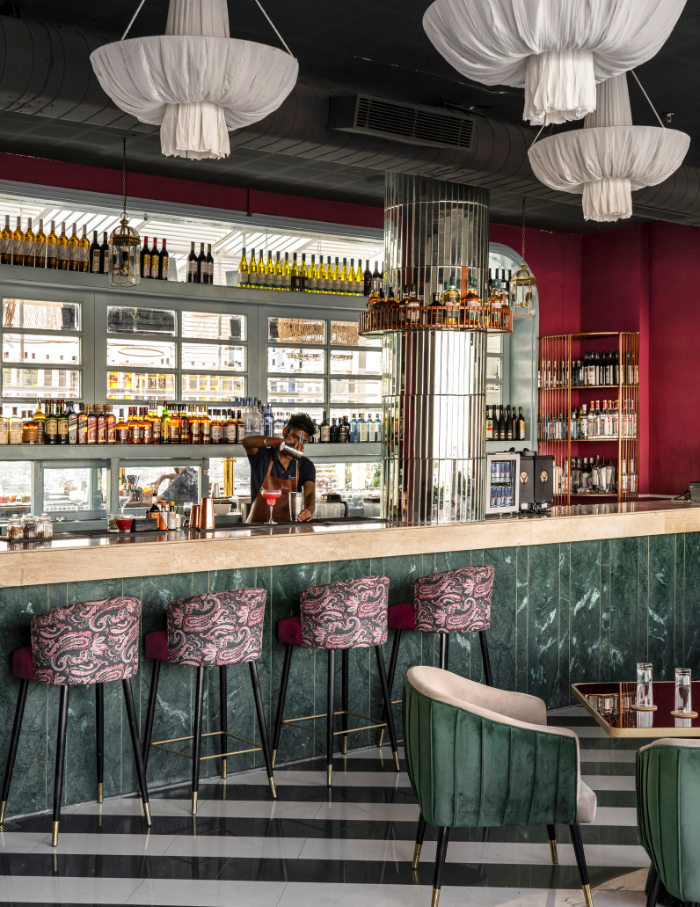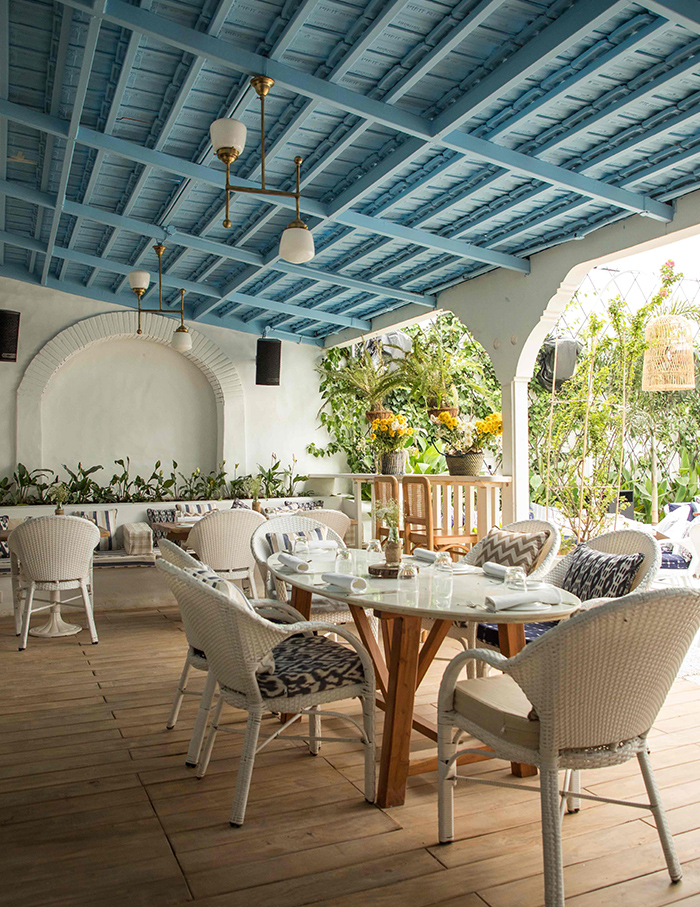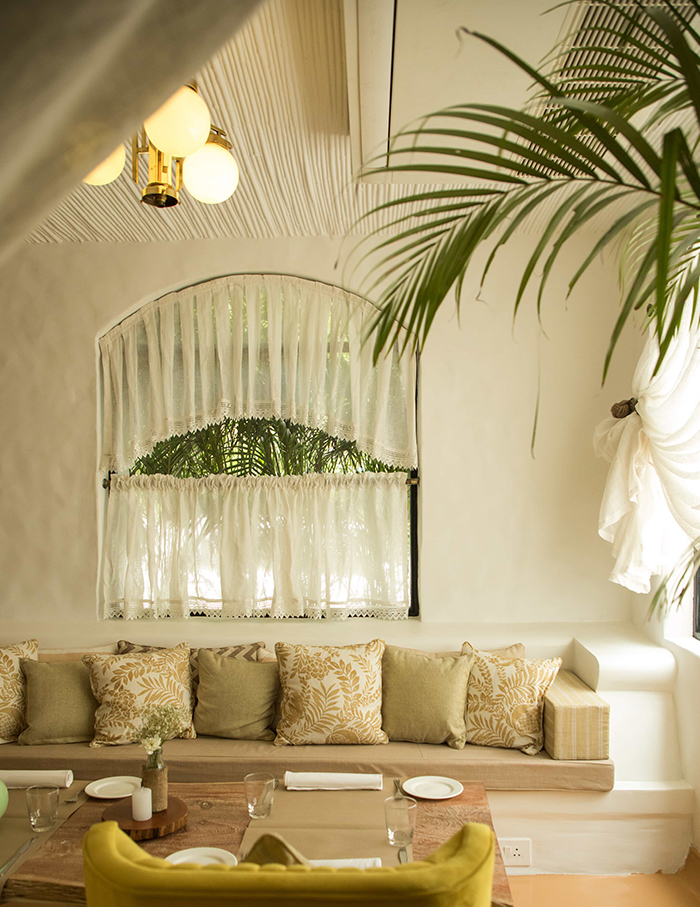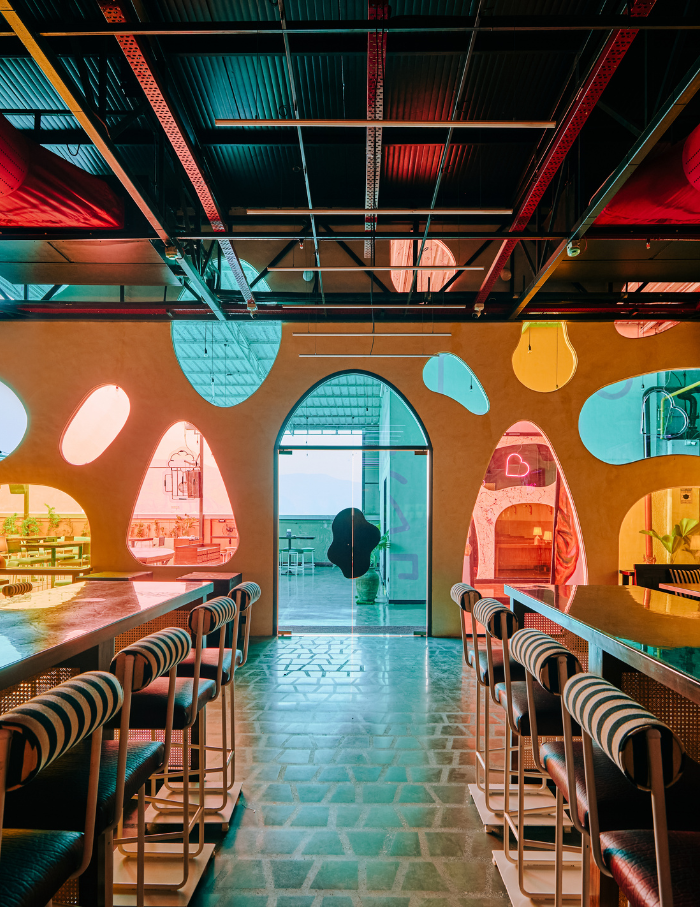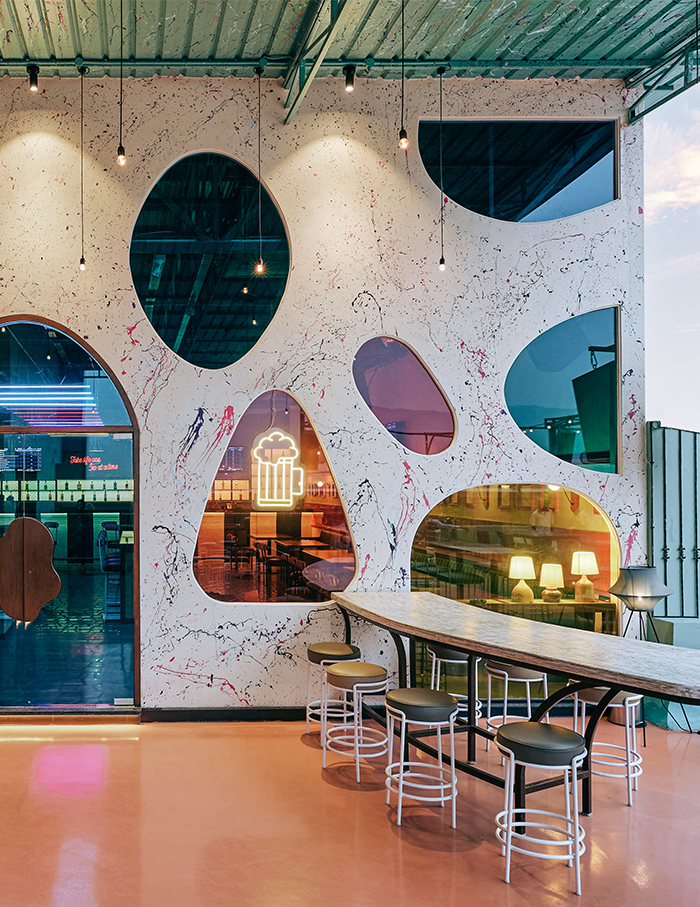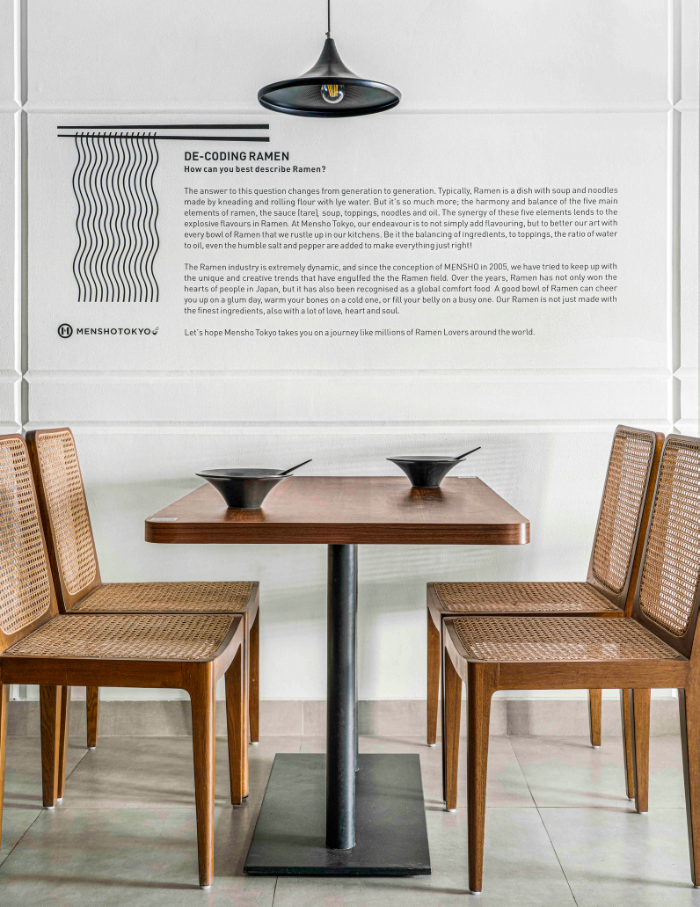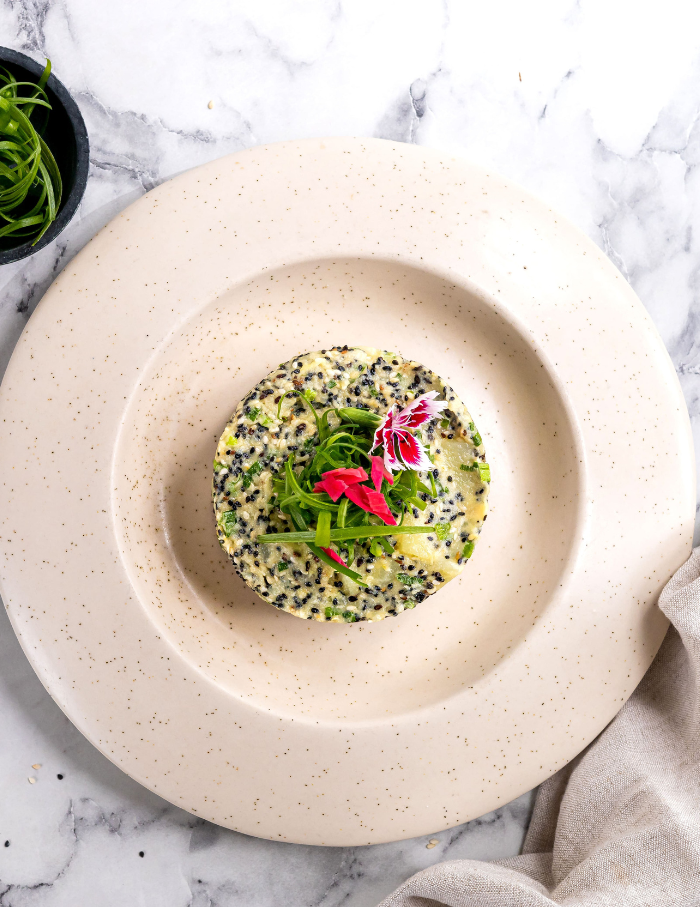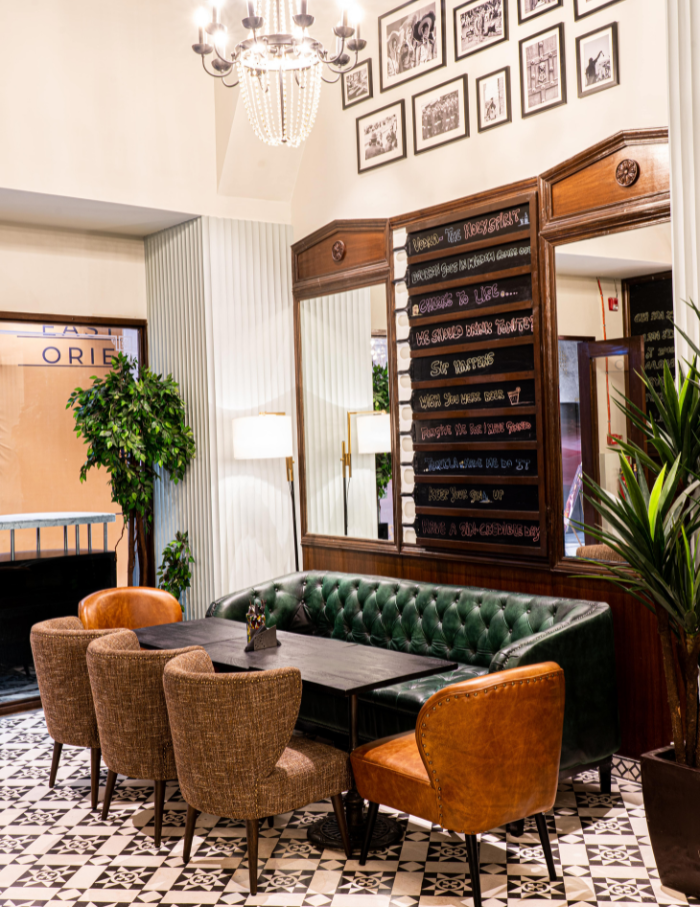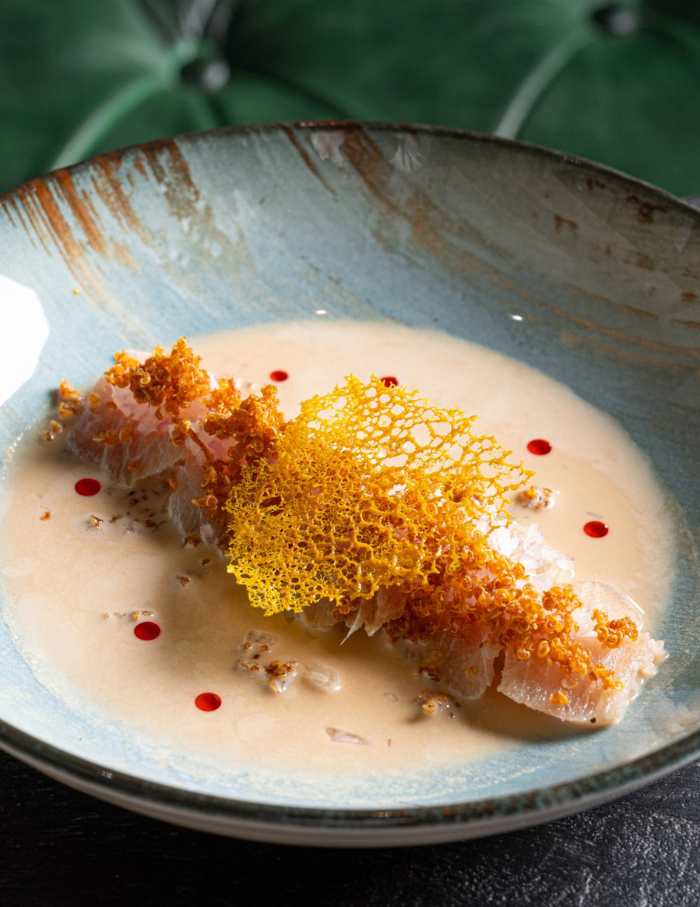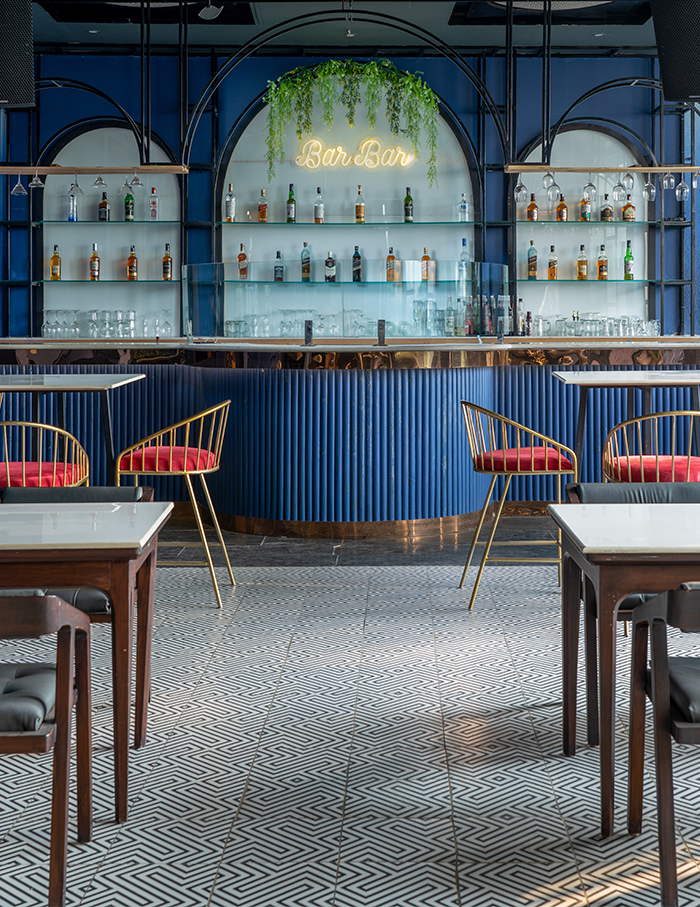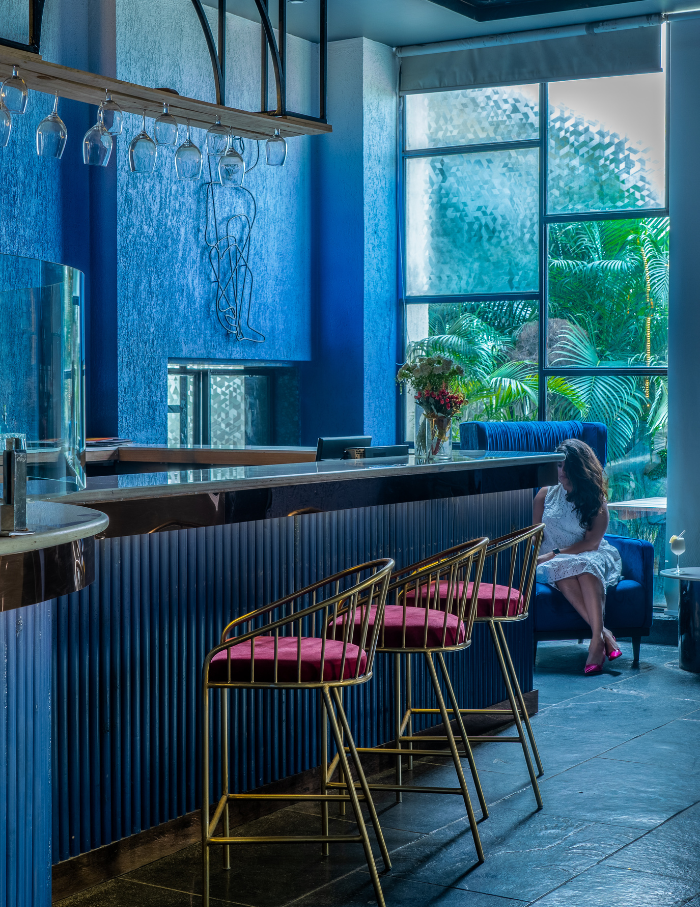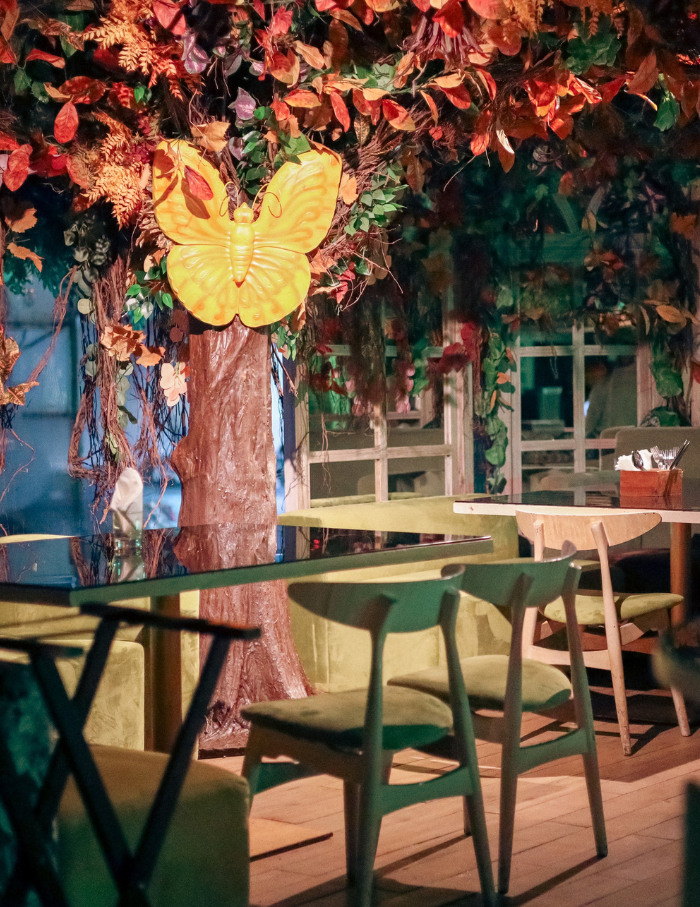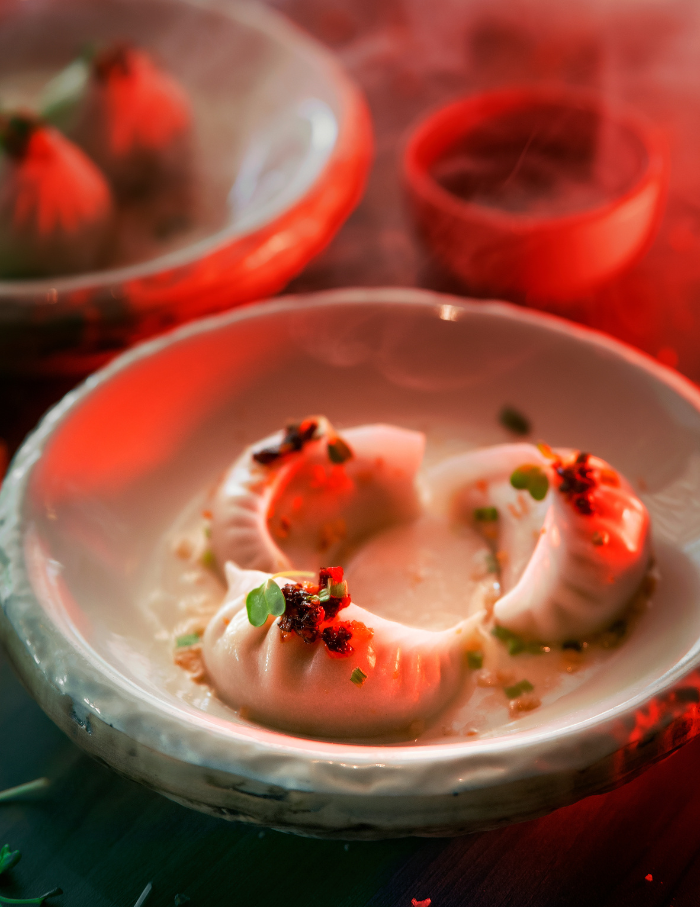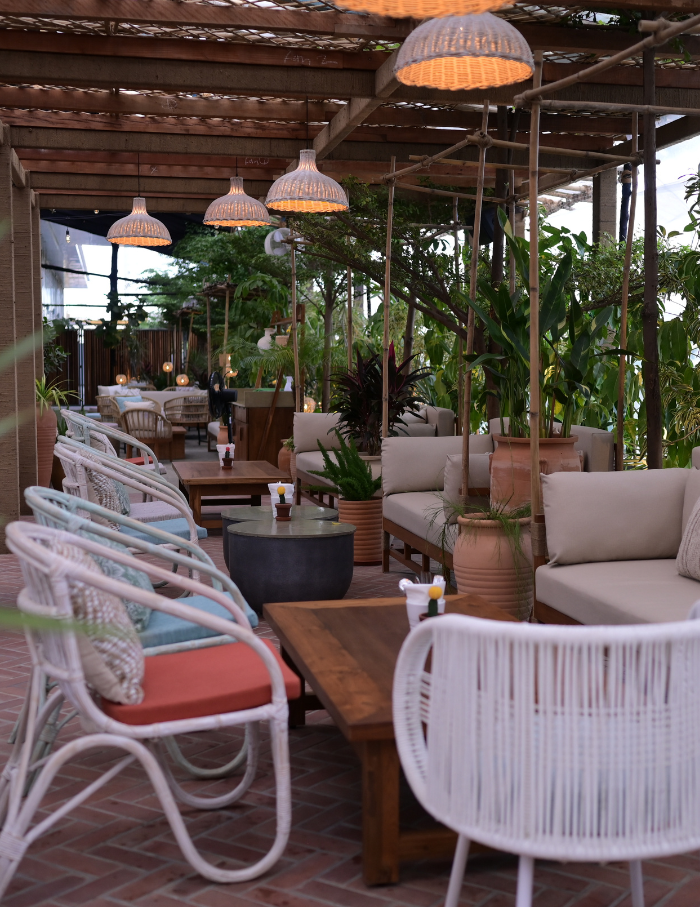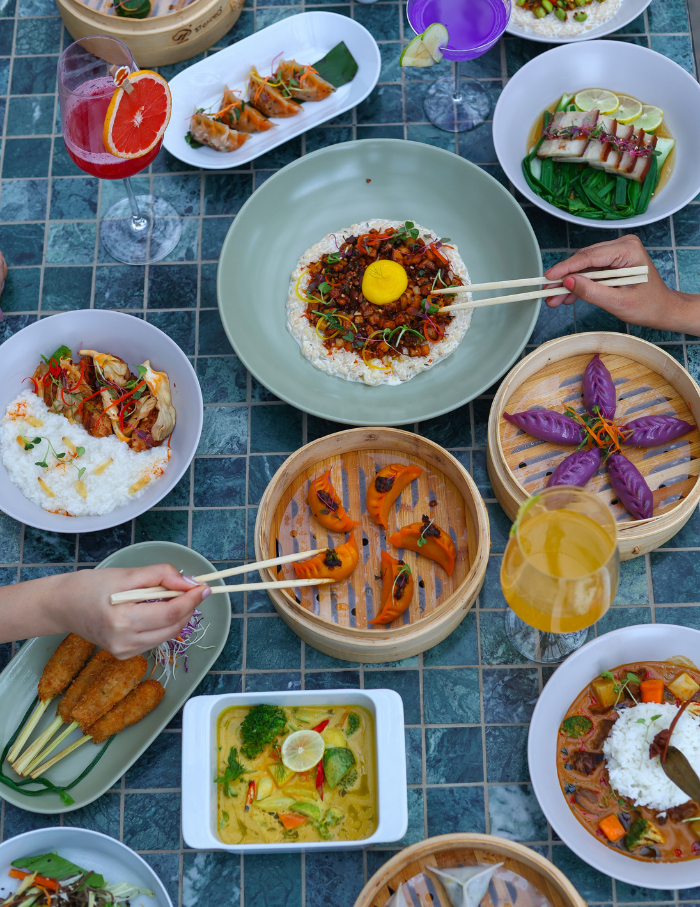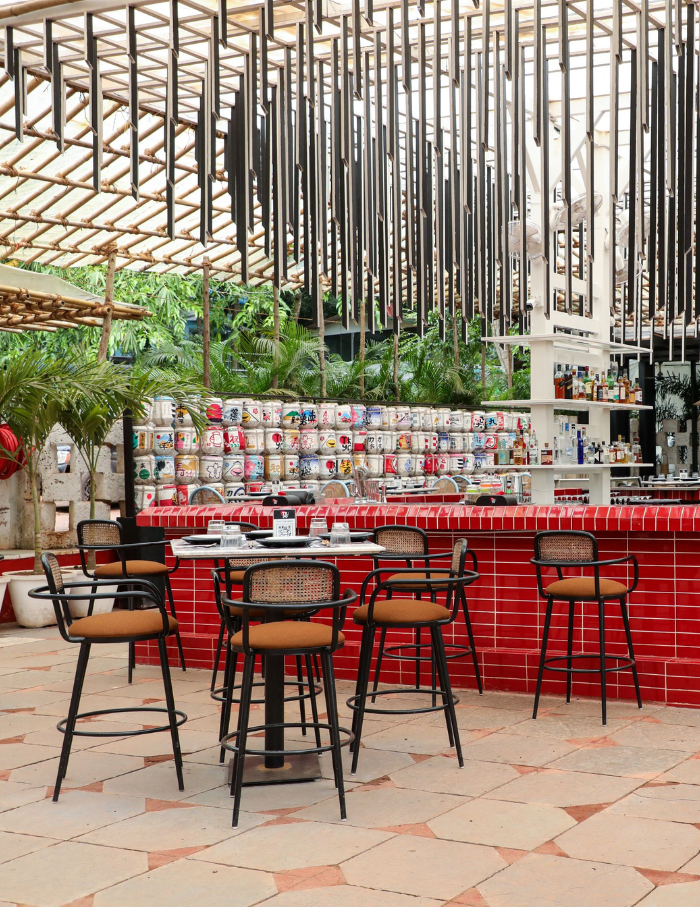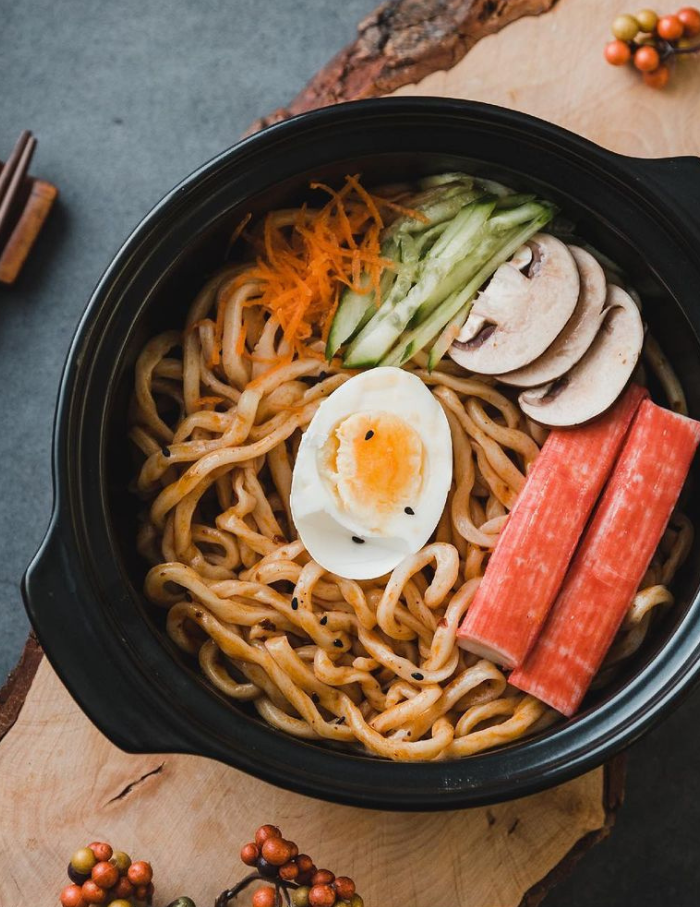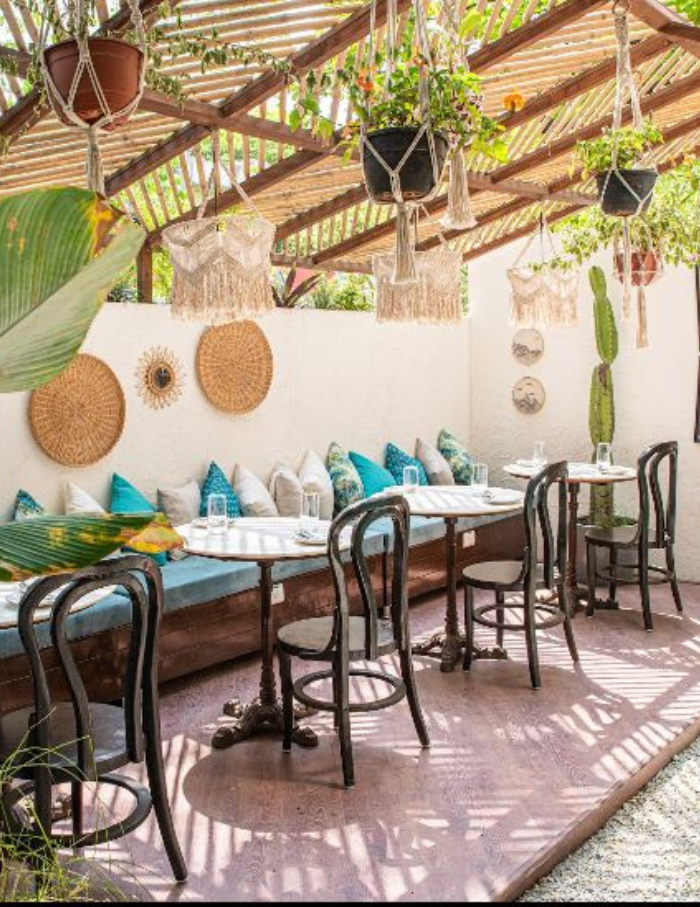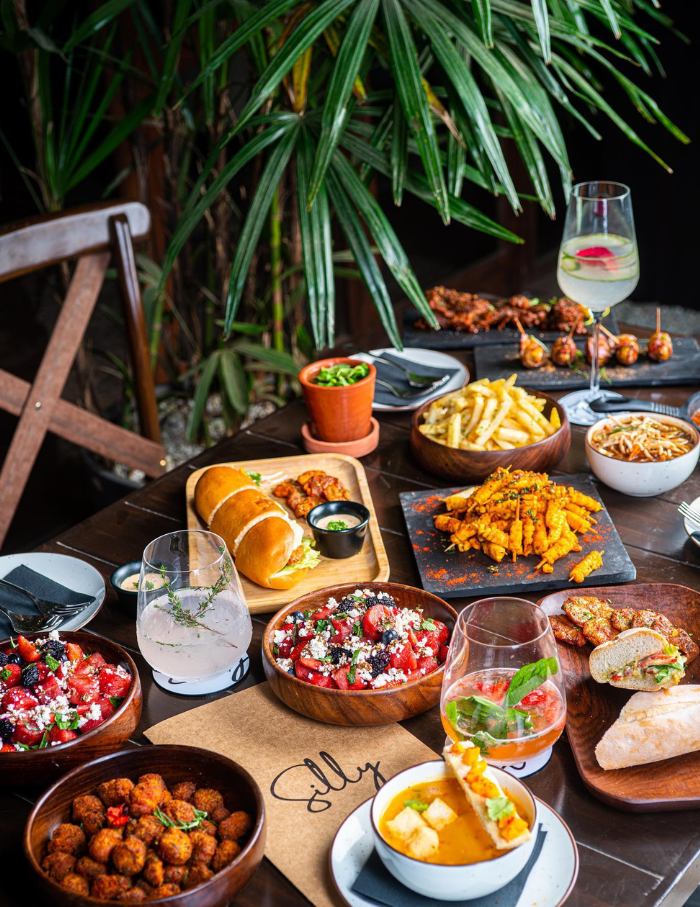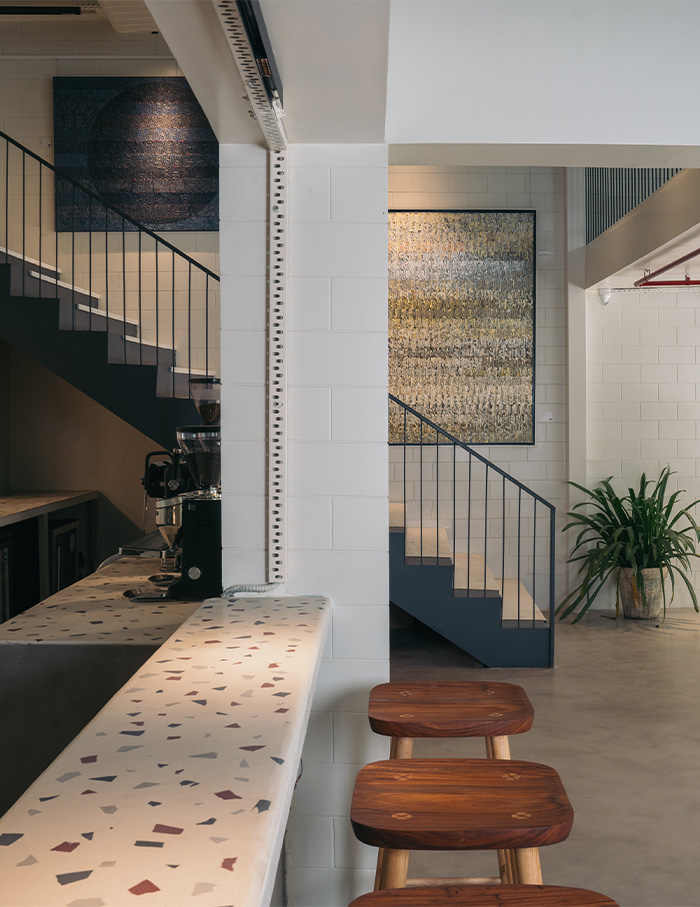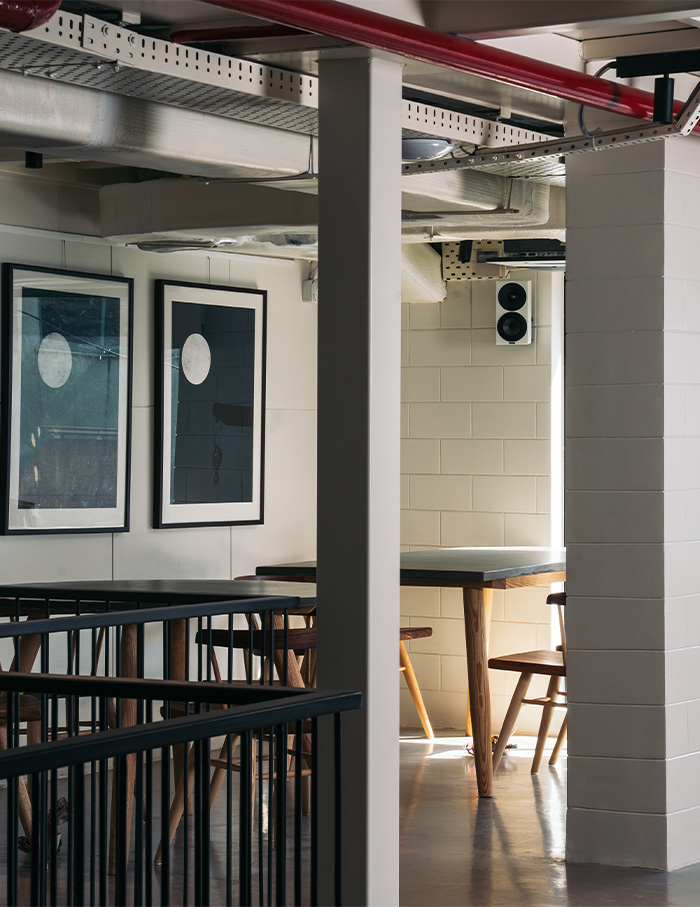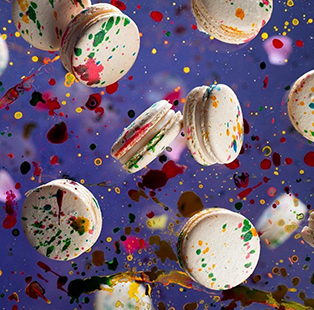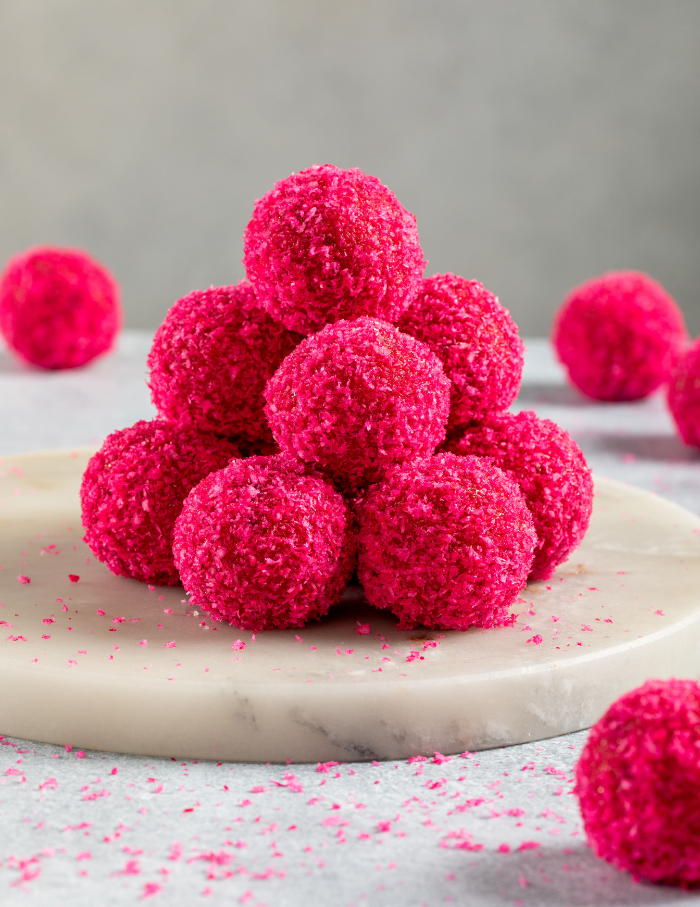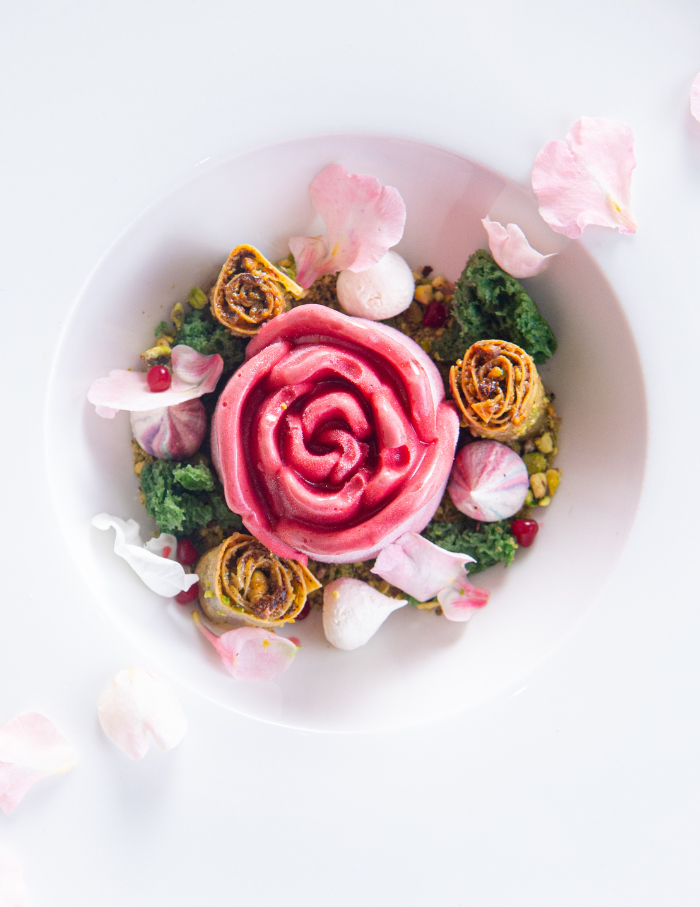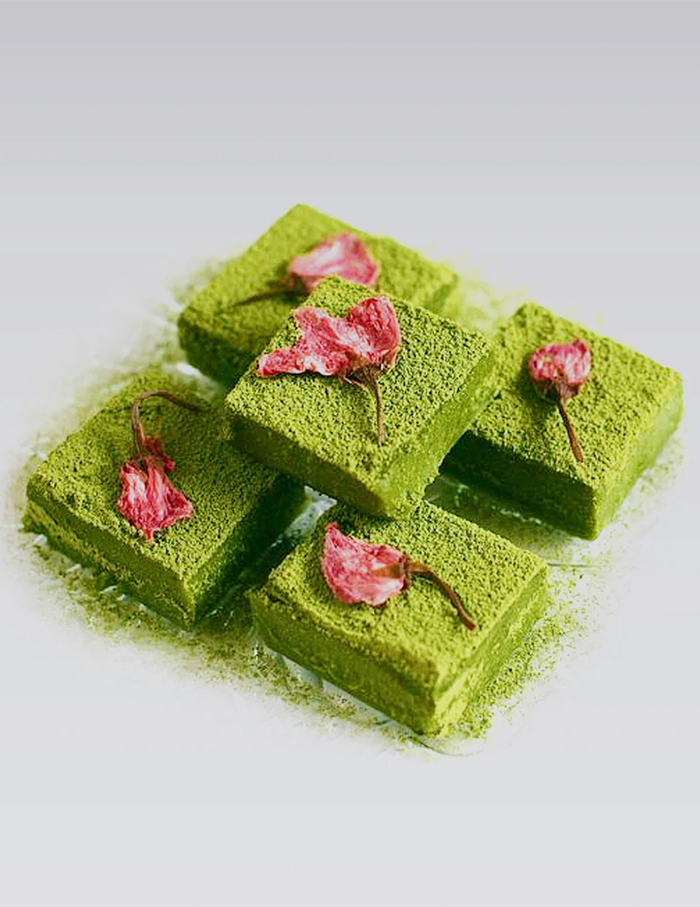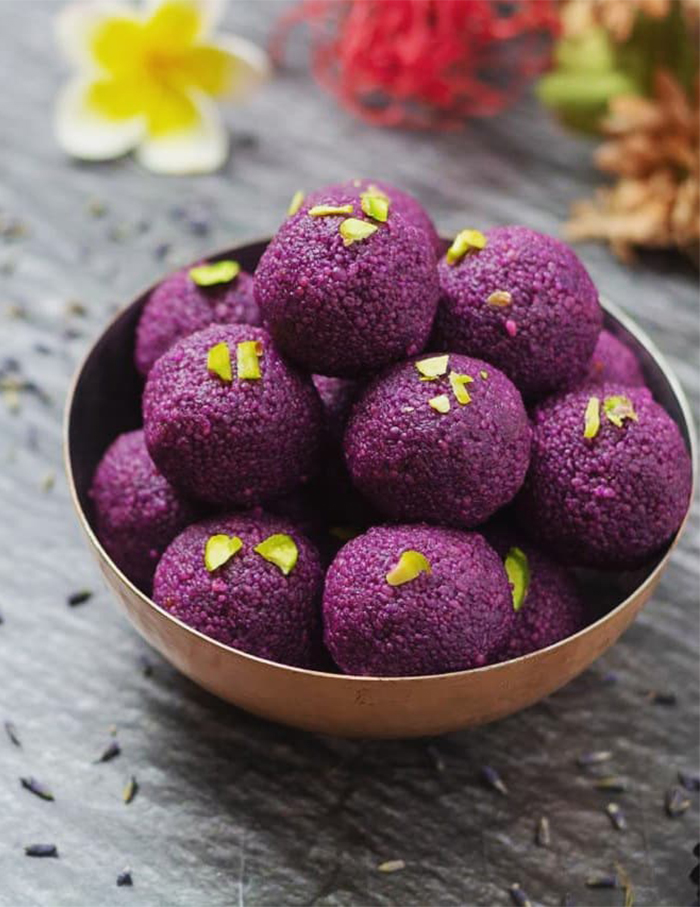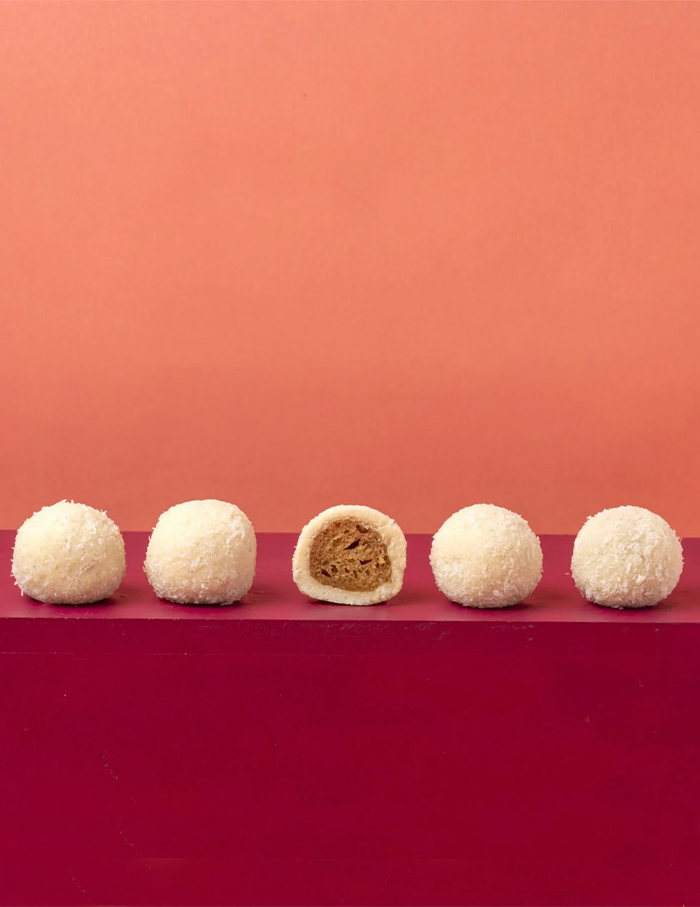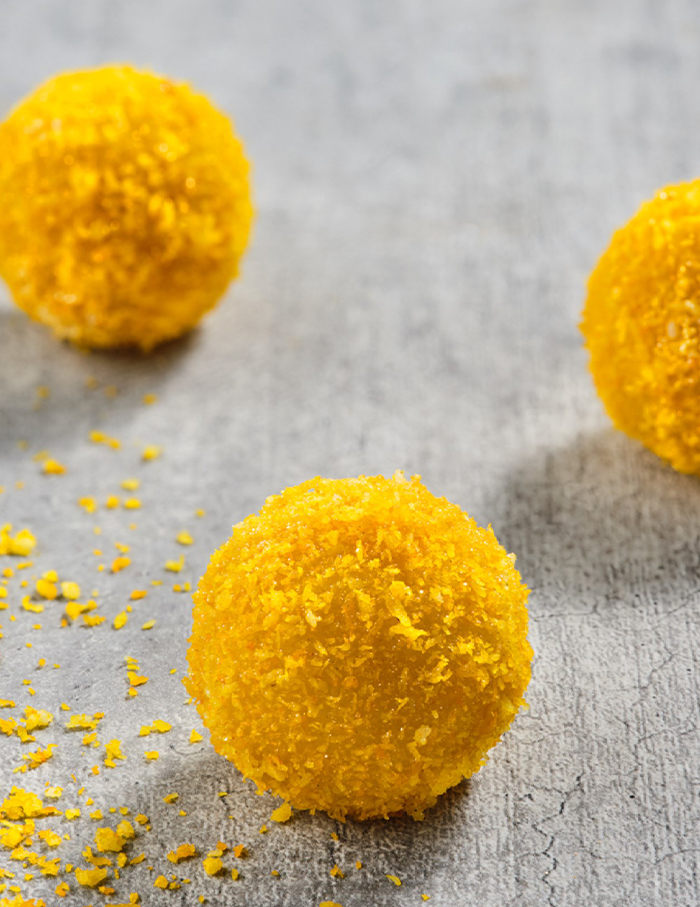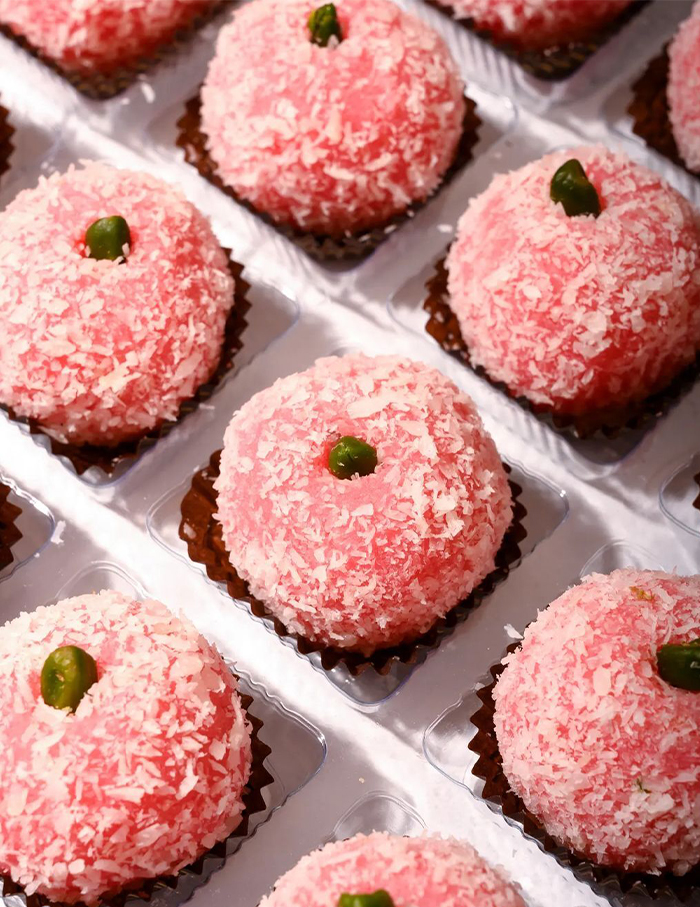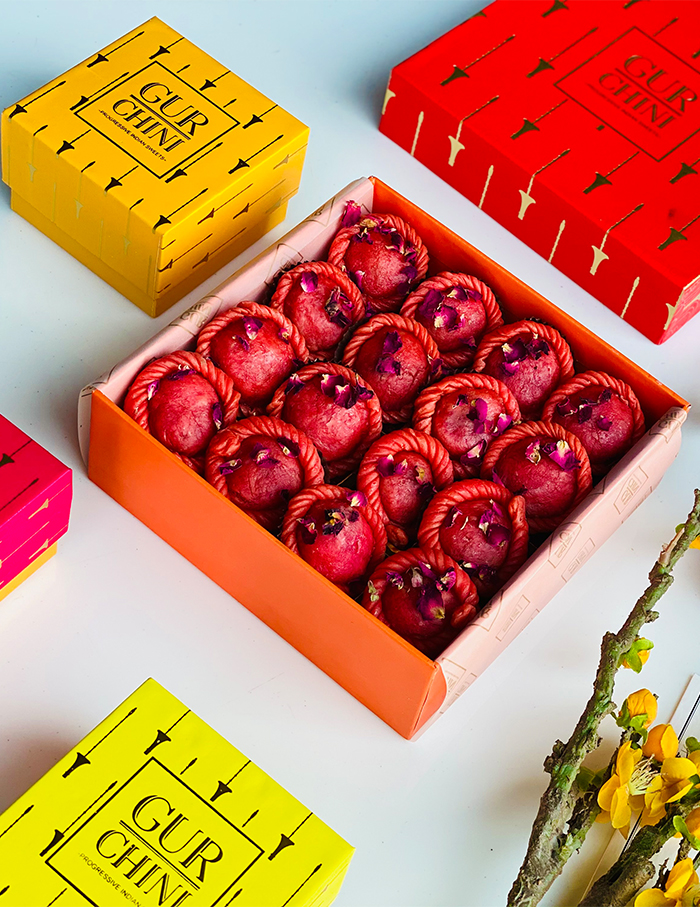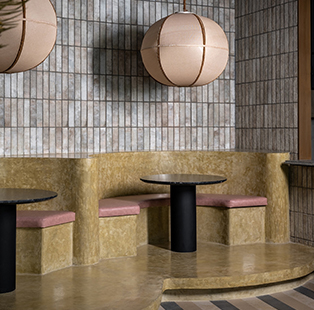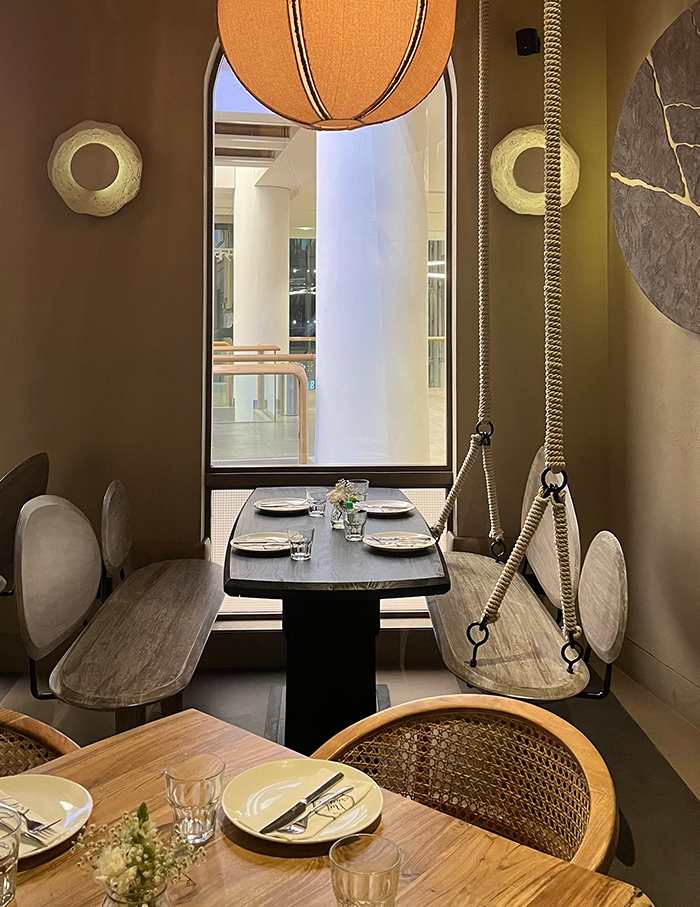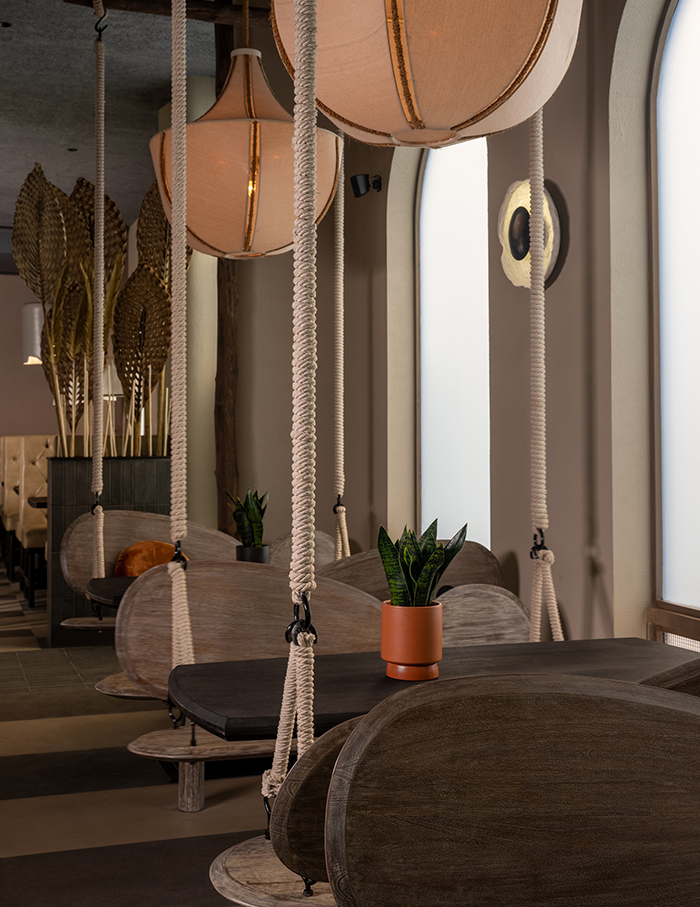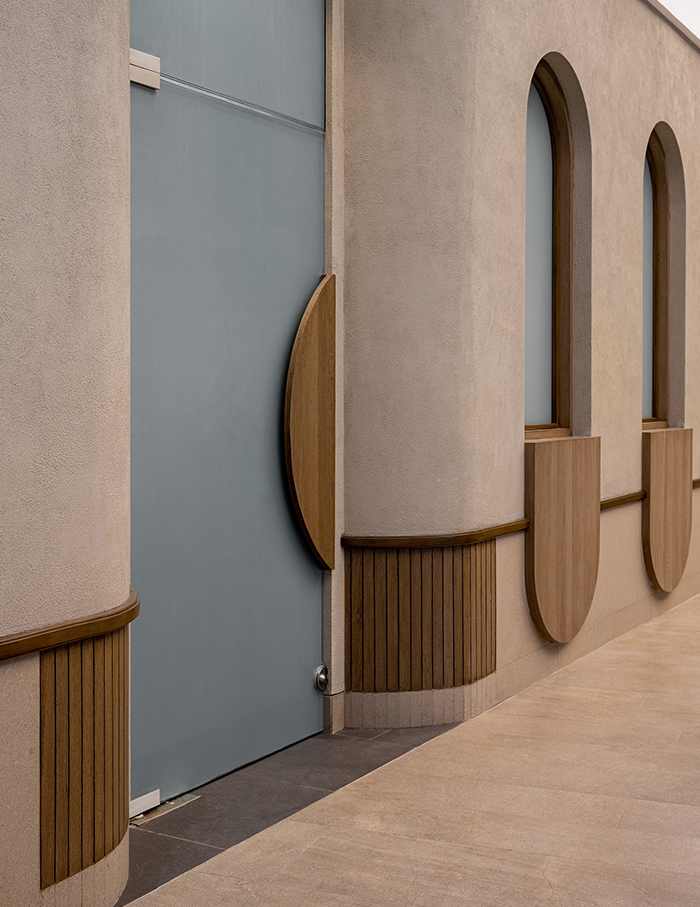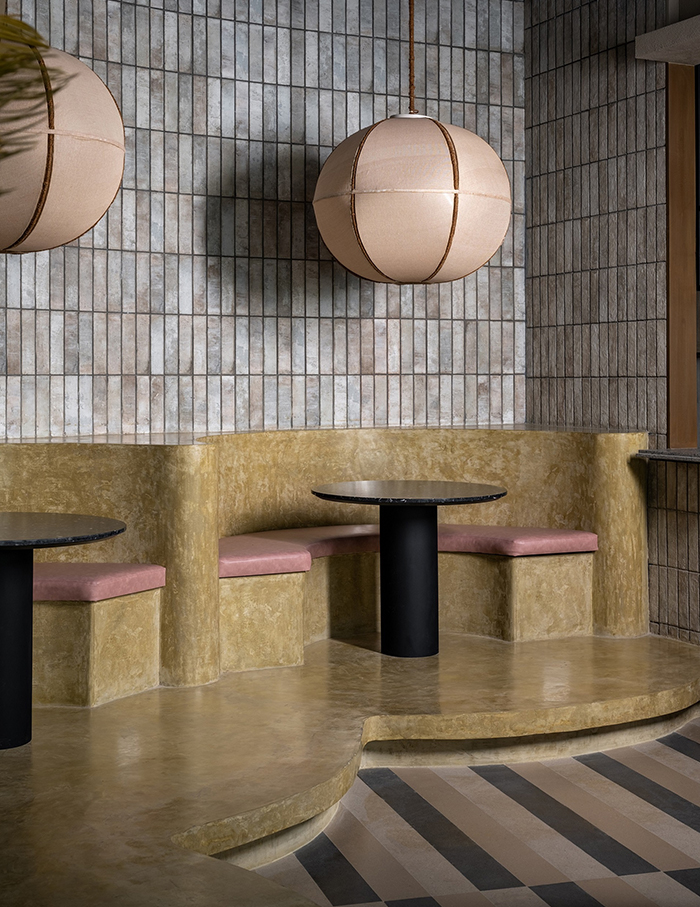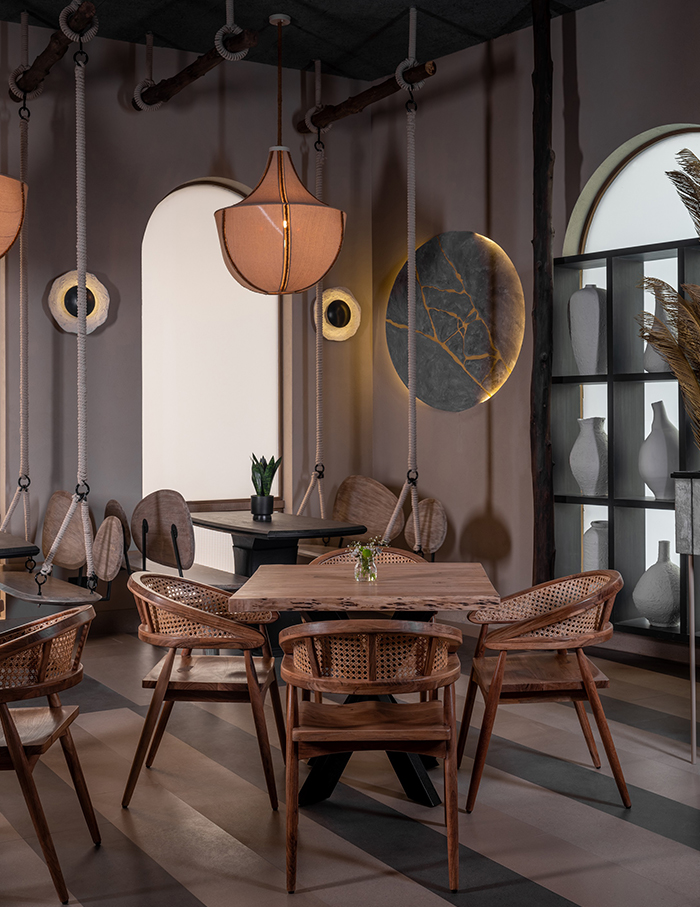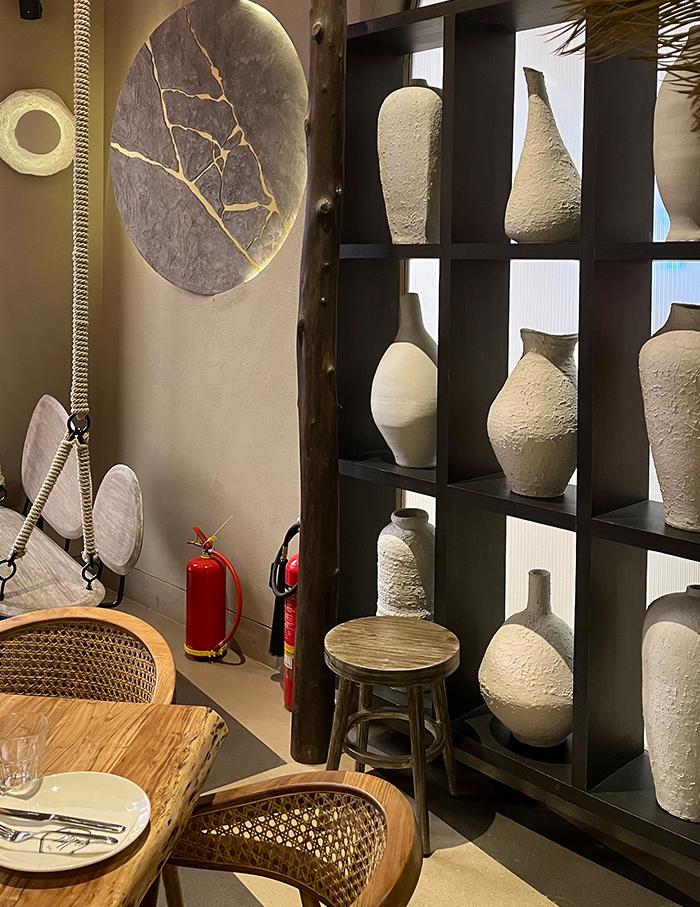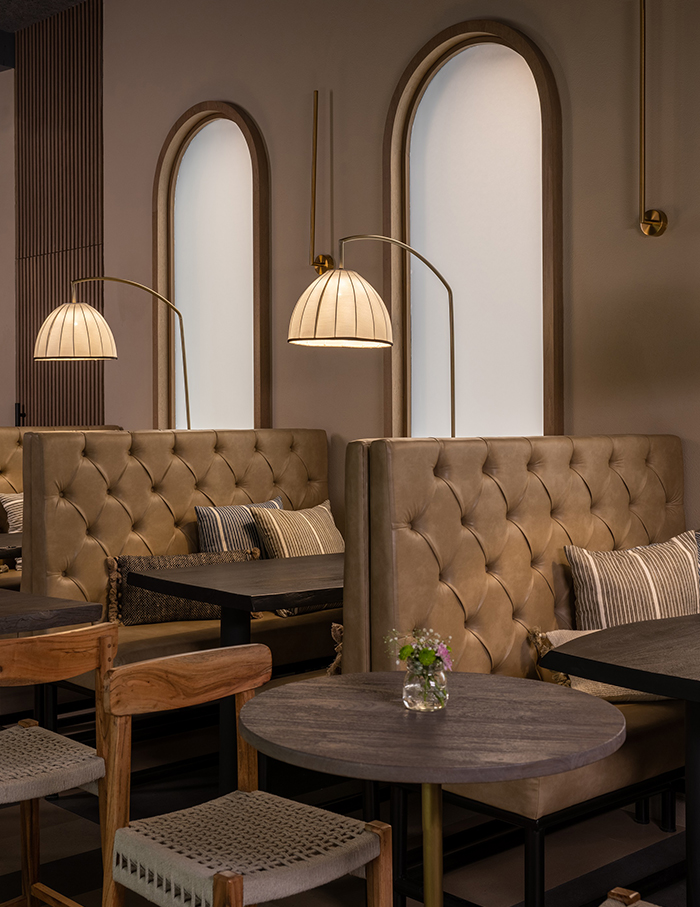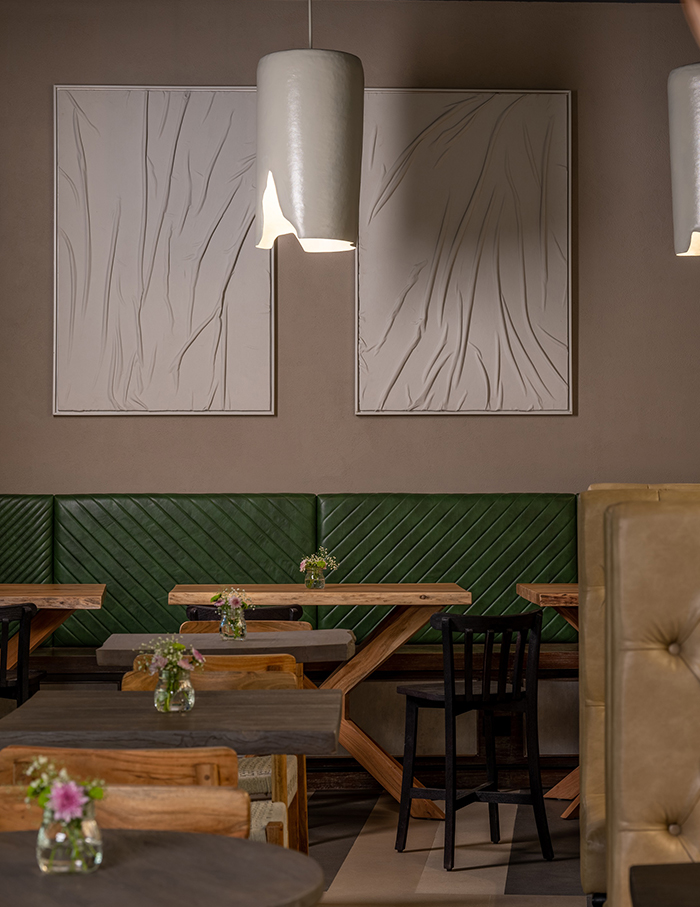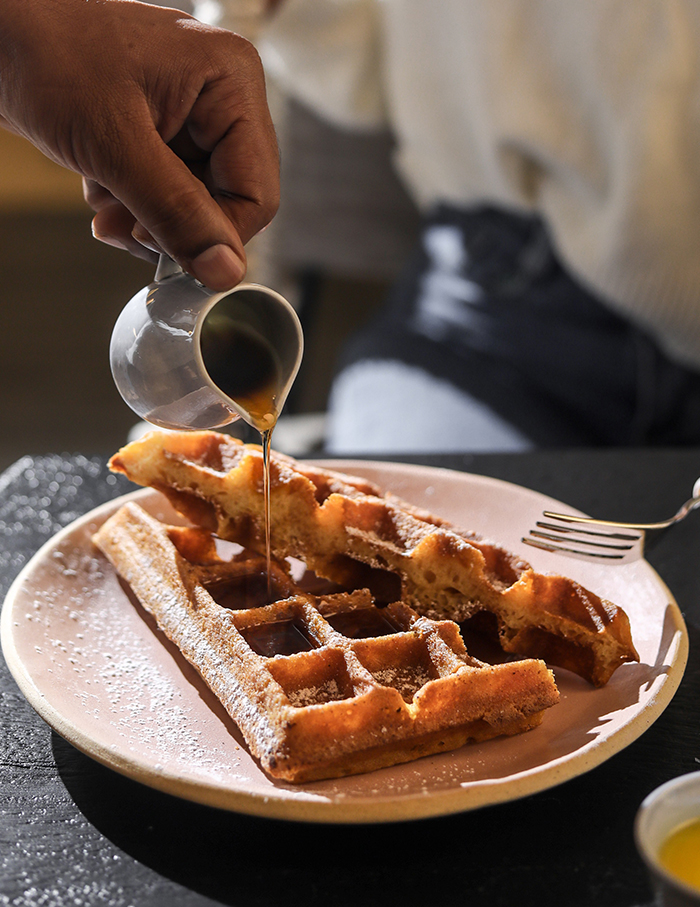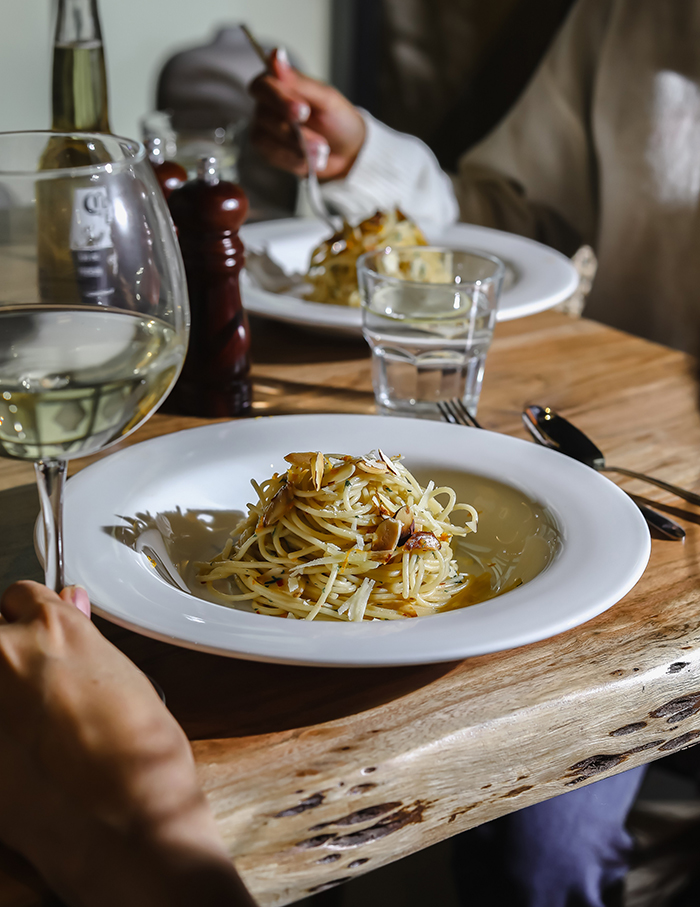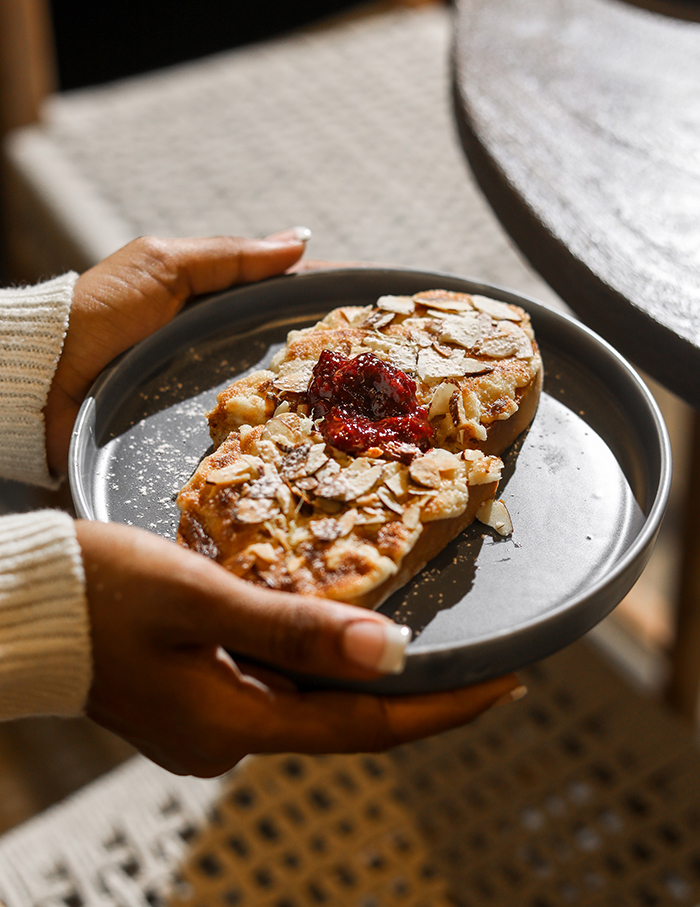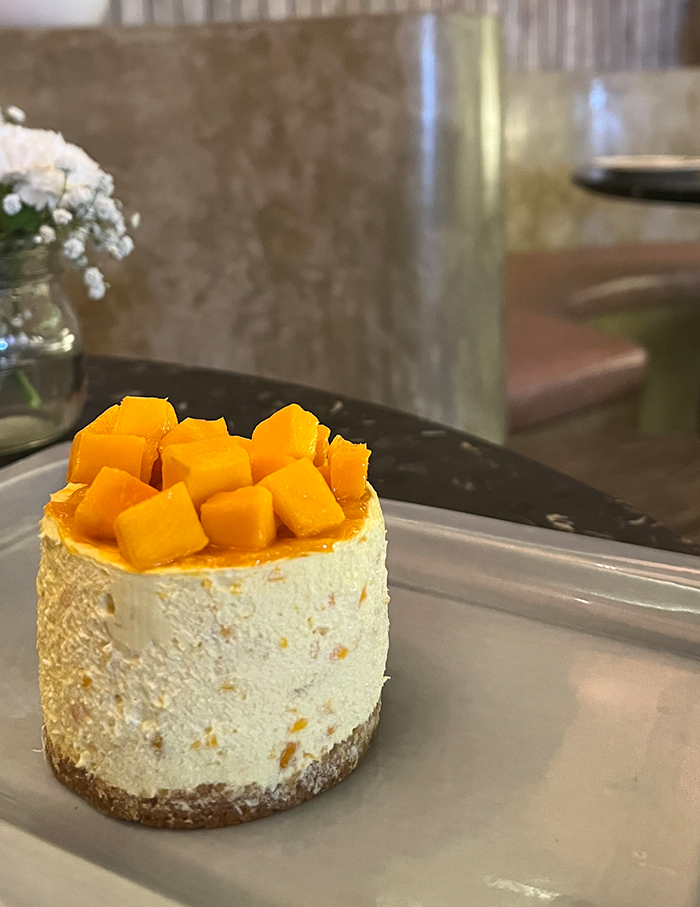First things first. Being a chai drinker for years, thanks to the rich, unfailing tea culture in Indian households, I, over time, developed an ardent fancy for coffee. Its roasted, rich scent is my guilty pleasure in the AM, sometimes in the PM too when writing for creative survival is underway. It’s true though. The countrywide clique of coffee drinkers in India is a versatile one. Some drink coffee because they can’t get enough of it. Some love the flavour adventures of trying newer brews each time. While some sip caffeine for their daily quota of Instagram #morningrituals perhaps. And some drink coffee simply for the caffeine rush. Though the battle between chai and coffee is endless, a large fraction of Indians across age groups, from Gen-X, millennials to Gen-Z is getting comfortable with coffee as a choice of everyday beverage, like an almost healing potion that solves everything in the world (at least for those few minutes of rested caffeine sips).
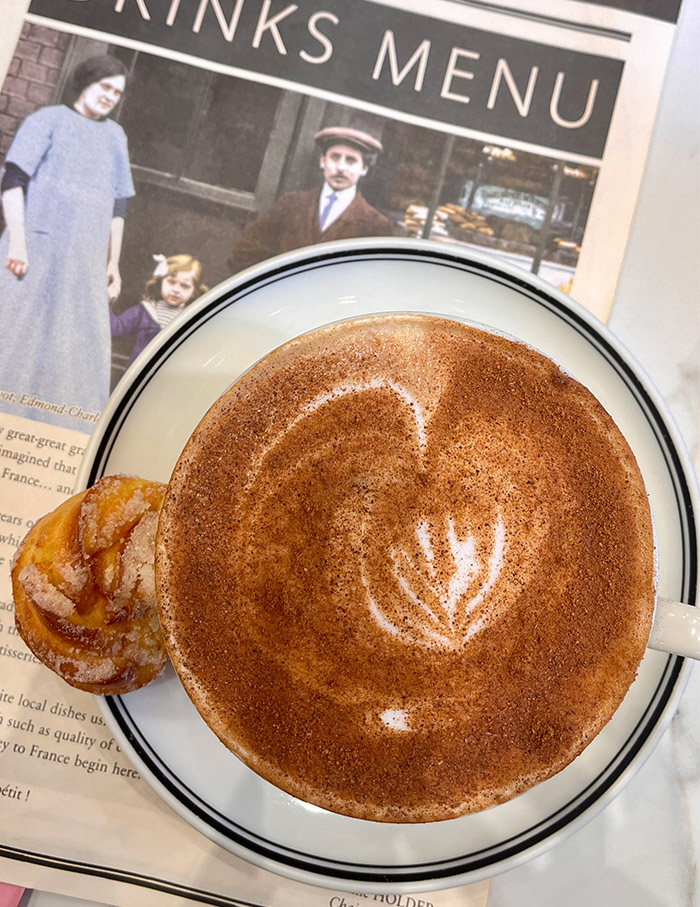
At the risk of a guaranteed caffeine overload, one fine day, I decided to get around a few coffee jaunts in Mumbai. Why, you ask? To witness the fanatism behind coffee in real-time and understand why novel coffee cafes in Mumbai are birthing in the maximum city every new week and month!
Coffee, culture and curiosity
Standing right in the centre of the current wave of caffeine boom, especially when it comes to speciality coffee, Mumbai’s love for coffee is directly proportional to the already-embedded cafe culture, where everyone loves laidback, unruffled hours of gourmet binging paired with experimental beverage options that quench the palate but also satisfy the need to, well, experiment! Our routines are greased by caffeine, enough for a cuppa to be able to decide the course for the rest of our day. At Stand by Coffee, the newest addition to the roster of South Mumbai’s coffee places, I find a new vocabulary of caffeine being served at the counter. Coffee mocktails. “We decided to have a coffee mocktail menu at our establishment for guests who like to experiment and are bored of the usual cappuccinos, lattes and Americanos. Many guests who don’t consume milk but also can’t handle coffee’s bitterness, opt for these coffee-based mocktails,” reasons Harsh Mav, Head of Operations at the cafe in Worli.
Intrigued by this seed of thought, I move past my trusted double-shot espresso and order Gadhedo, a concoction made of jackfruit, ginger ale and cold brew with medium-roasted notes of the coffee beans. Punchy, fuzzy, cold and infused with a striking colour story of red and brown, I quickly realise the world of coffee is anything but ordinary.
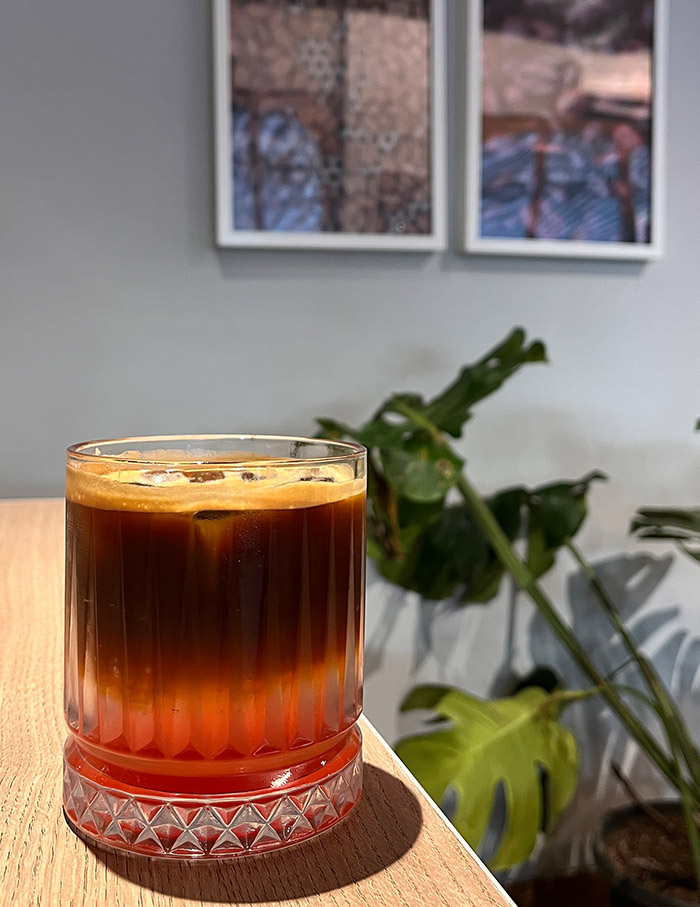
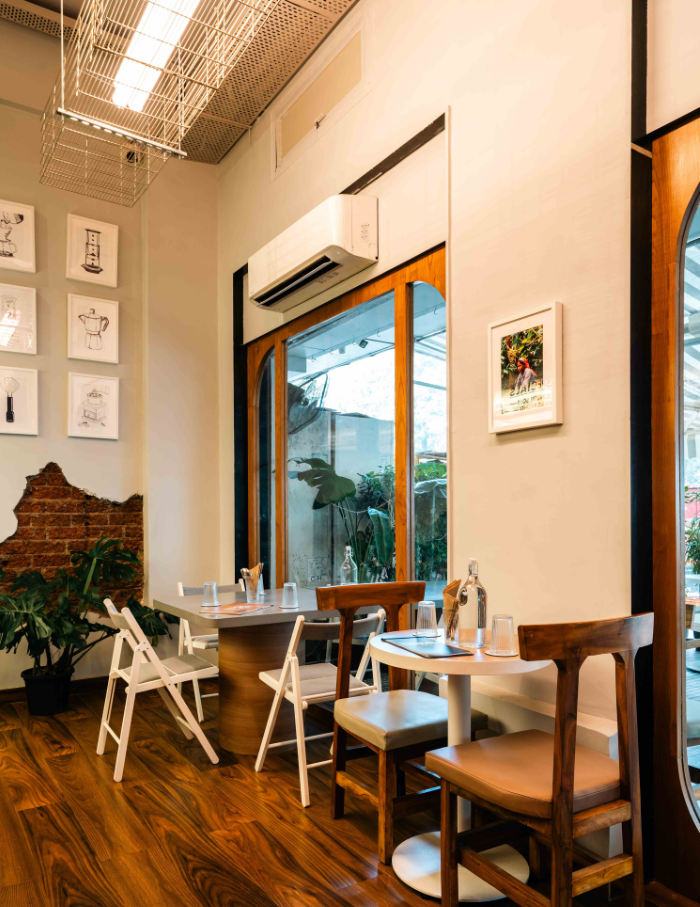
But what really is this speciality coffee that we keep hearing about?
To earn a top performance badge, like anything else, coffee too goes through a careful evaluation before being decided for quality. The brews are mostly assessed for aroma, acidity, sweetness, body, aftertaste and other factors, after which its ‘speciality coffee’ status is ascertained if it bags a number between 80-85 and above on a scale of 100.
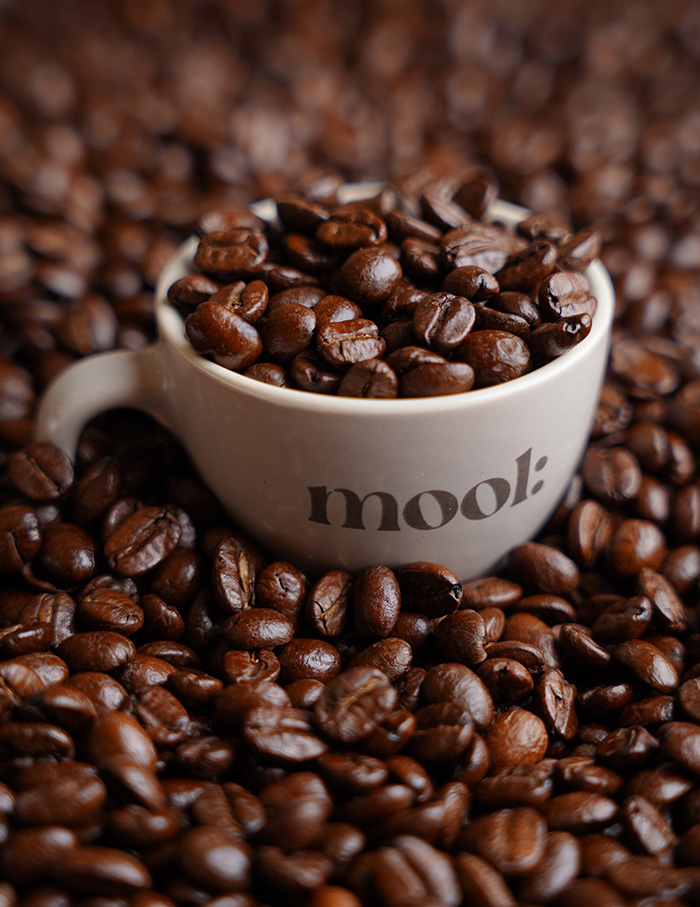
Through the working hours
From being an acquired taste to becoming an undoubted requisite, coffee may as well be the (un)official flagbearer of all corporate habitats. A cup of coffee is what you see at every desk and every meeting. Perhaps, this is an interesting, conscious byproduct of the many international movies and series we consume, which readily influence our memory, and hence, interest for the cup of joe. In a way, it also successfully suggests status and wealth in social settings, and the more you know about your caffeine preferences, the more qualified you are to ascertain yourself as a coffee enthusiast. At Paul in Palladium, one of the hottest coffee places in the city right now, coffee is a great reason for work catchups coupled with some croissants, sourdoughs and brunch options. On a busy Friday afternoon, the clamour of business discussions and soft sips of coffee team up just perfectly here.
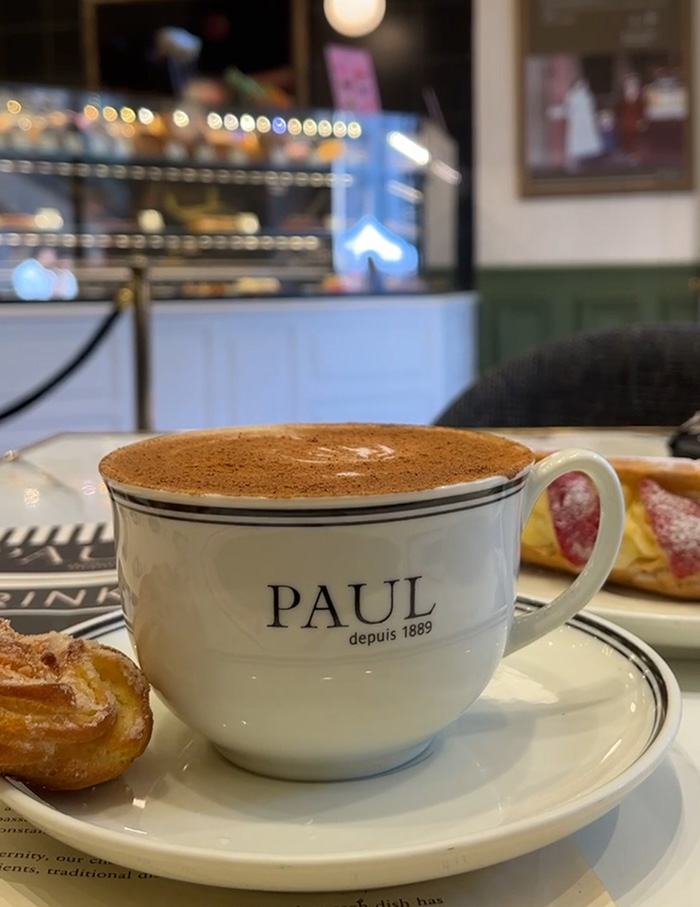
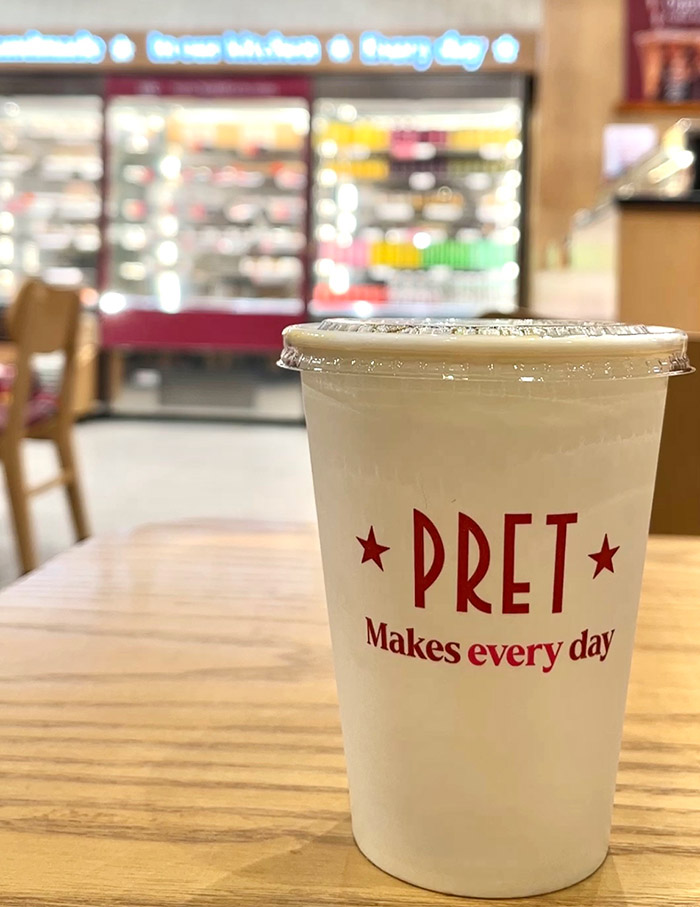
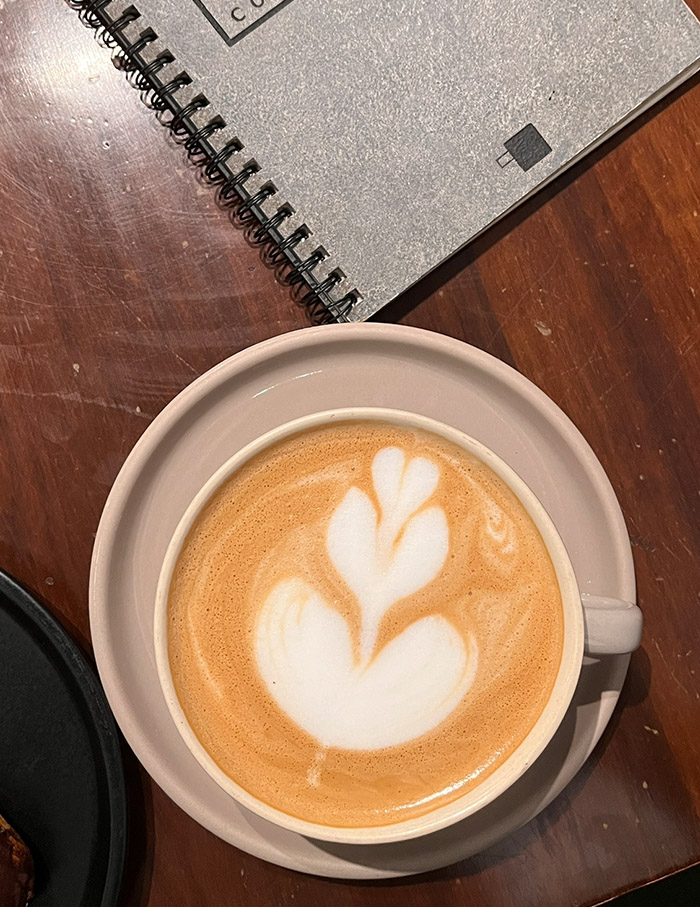
As I exit Paul, after my sweet rendezvous with Cafe Medici layered with dusted cinnamon powder with a clean, strong frothy coffee underneath, my next destination du jour is Pret A Manger, the British chain known for its coffees and sandwiches. With a decisive wishlist, I order my first Iced Americano ever backed with a rather strong reason! With years of Korean drama spree on my resume, where every episode involves the actors dunking their straws in the coveted Americano and sipping away, I had to finally get it too. You see the direct influences of pop culture? First step in, a bunch of suited up professionals dot Pret. Laptops wide awake. Airpods accessorising the ears. And coffees decorating every table like trophies symbolising ambition!
Year on year, the demand and supply for Indian coffee in the global market has been on an ascent. Counted among top ten largest coffee exporters, more than 70 per cent of India’s produced coffee is relished across different parts of the world, than by the domestic coffee drinkers themselves. While that iterates the unshakable presence of our regional coffee on the world map, it also underlines the ready-to-be-tapped gap of a well-established coffee culture in India.
Coffee cocktails, anyone?
It’s been an hour past lunchtime as I shake away my slight Americano haze and walk towards Fyole in Palladium, the patisserie cafe and bar that takes its share of caffeine as seriously as its baked novelties. After recently learning about its Coffee cocktails menu that launched a few months ago, I had to give in to daytime tipple indulgence. The special coffee offerings revealed concoctions made with tequila, dark rum, whisky and red wine, even! I leave the decision to the team as they after contemplation suggest me Barraquito, layered with condensed milk, tequila (of course), some espresso, some milk and finally milk foam. I stir it up a little before diving straight into the strong, heady yet sweet potion that is an absolute contender for coffees that are built different! As the staff informs me of the coffee program at Fyole handled by BU (Beverage Union), their domestic supply of speciality beans has been on the rise noticeably, with numerous cafes in Mumbai and around India serving their coffees.
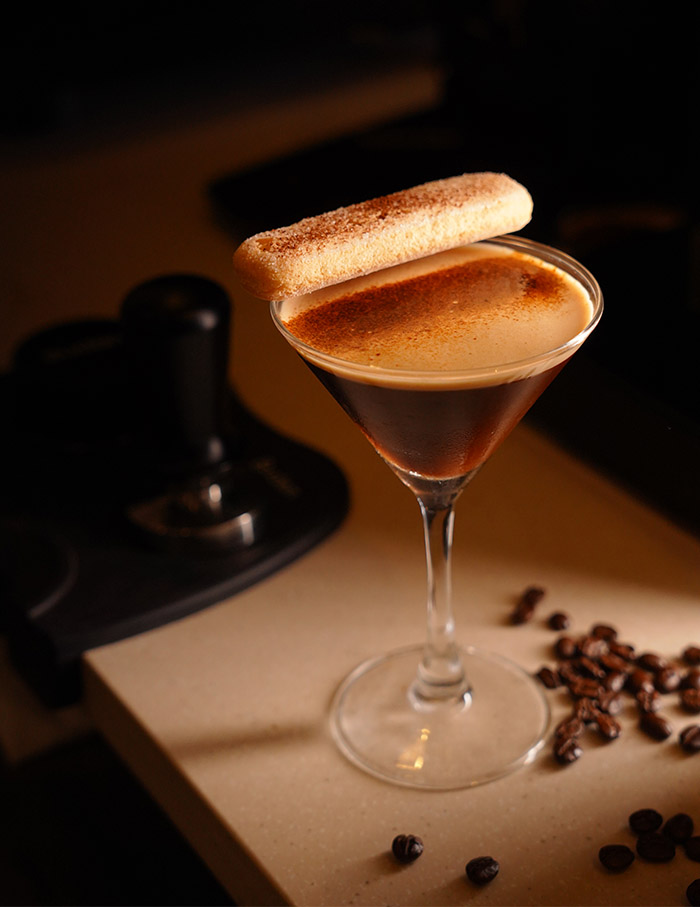
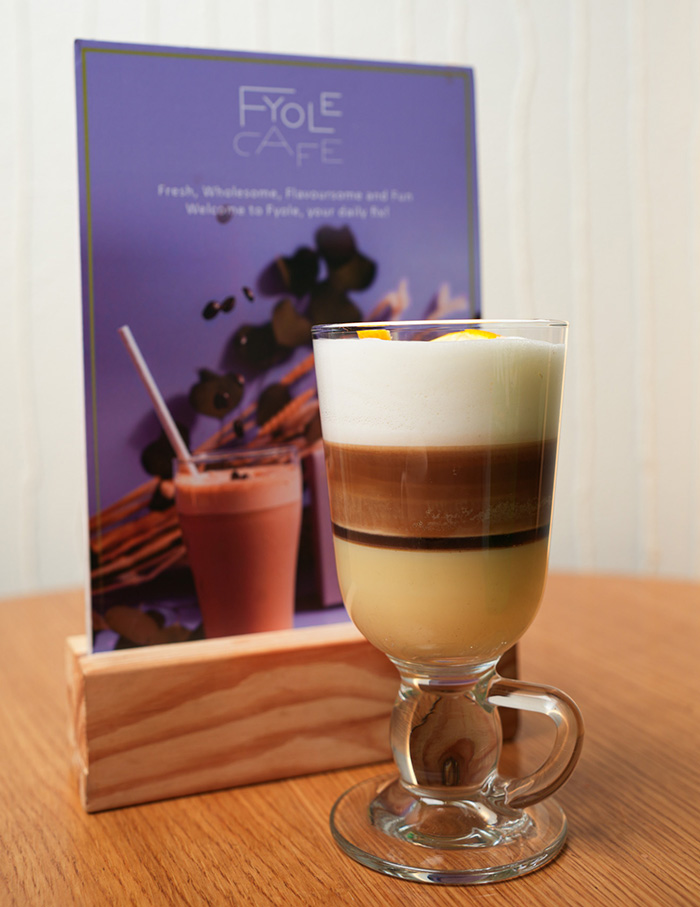
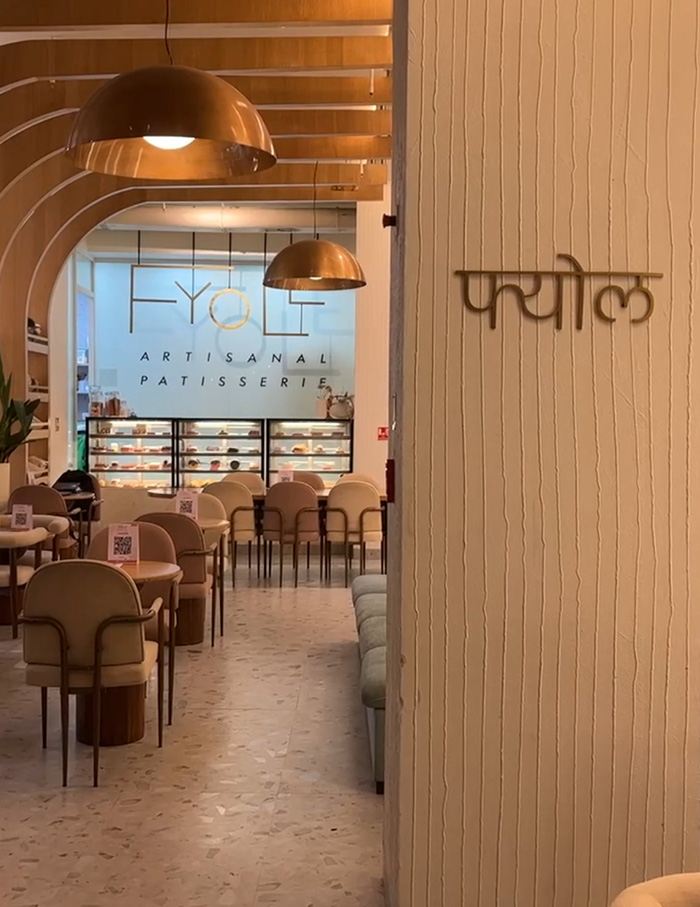
Local coffee players on the rise
My colleague tells me ten is the minimum number of coffee she “consciously” indulges in every month from Blue Tokai Coffee, the established local coffee chain with over 24 stores in Mumbai alone. I, on the other hand, am a Third Wave Coffee loyalist. With the Iced Orange Zest Mocha and the regular flat white on top of my list every alternate morning in the office. Over the years, my craze and demand for Starbucks has taken a backseat when it comes to everyday coffee trips. And so is the case with many of my acquaintances, I observe after discussions. However, that doesn’t mean Starbucks isn’t refreshing its coffee menu every now and then. In 2022, the global beverage chain launched its ‘Reserve’ store for the first time in India, a more premium version of its already existing outposts with an all-different version of speciality beans and whisky barrel-aged brews, even. The first city of choice being Mumbai.
Subko on the other hand, while it started as a rather game-changing coffee entity in Mumbai, its identity over the years has evolved into much more than just a coffee stop. The Cacao Mill by Subko in Fort, pegged as a reservoir of chocolate varieties is one immediate example. With its outlets in Byculla, Bandra and Mini stores in Art & Charlie, Kitab Khana amongst other locations, Subko also confidently helms itself as the nexus for the local community to eat, drink, work, freelance and just be.
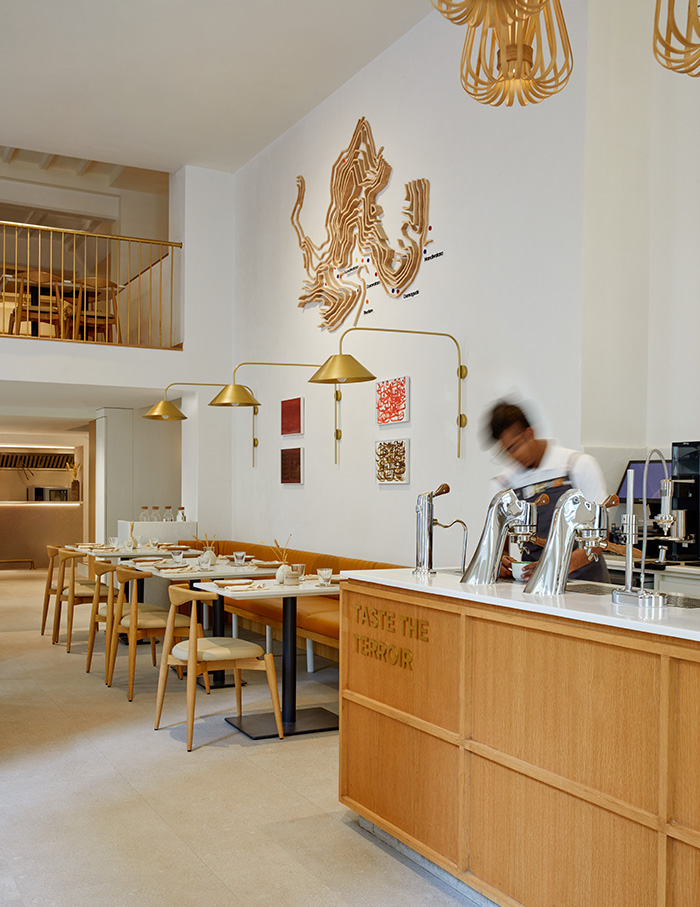
At Araku in Colaba, the outpost that launched in late 2023, coffees intertwine with science and biology. Every brew is truly a declaration of a seed to cup journey from the eponymous Araku Valley in Andhra Pradesh. “We have a Specialty Coffee Academy-certified campus, called ARAKU World Specialty Coffee Academy, equipped with top-of-the-line tools and an in-house roastery. Here, we offer the SCA’s prestigious, globally-recognised Coffee Skills Program. A superior learning module to help people unlock careers in coffee or even just further their passion. In the Indian context, ARAKU was the first to offer it because we recognised that better coffee education would lead to a more evolved coffee culture as a whole,” explains Aditi Dugar. Inside Araku’s cafe, the walls adorn a 3D depiction of the terroir of Araku, where tribal farmers grow coffee in over 60,000 small estates. She reveals, “Beyond the classic coffees, the Modbar offers several playful brews borrowing from the Bangalore flagship. You need to try the Dark & Stormy, Vanilla Ice, Nitro Brew, and Café L’Orange.”
The coffee culture in Mumbai from what I gauge is well past its nascent era. It is confident. Experimental. Tasteful. Open to possibilities. The culture is also possibly propelled by the evolving group of young connoisseurs who like to be informed and educated about their choices of food and beverages, coupled with their purchasing power, as Economics likes to call it.
Also read: 48 hours inside Atlantis The Royal in Dubai reveals fluent dynamics of indulgence

